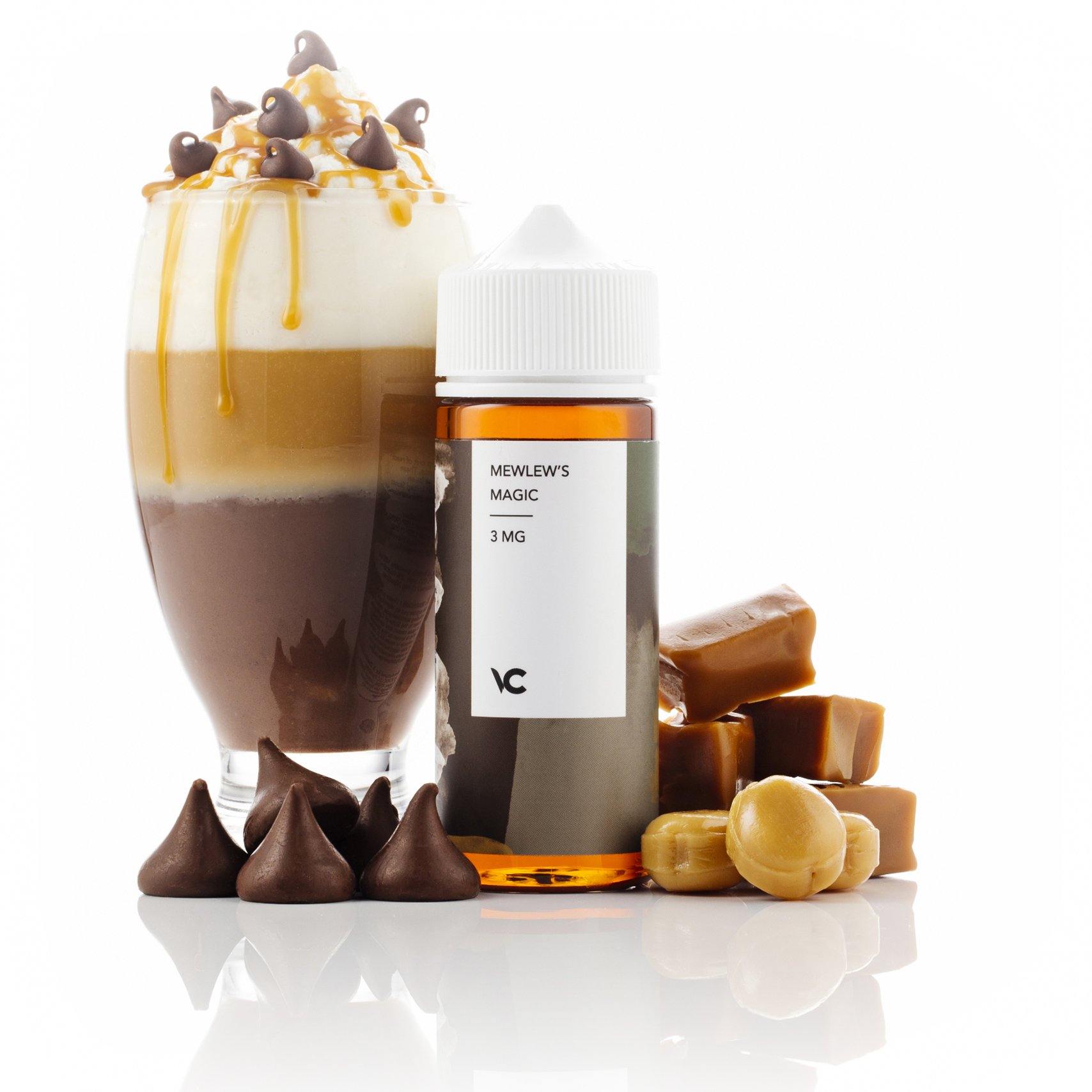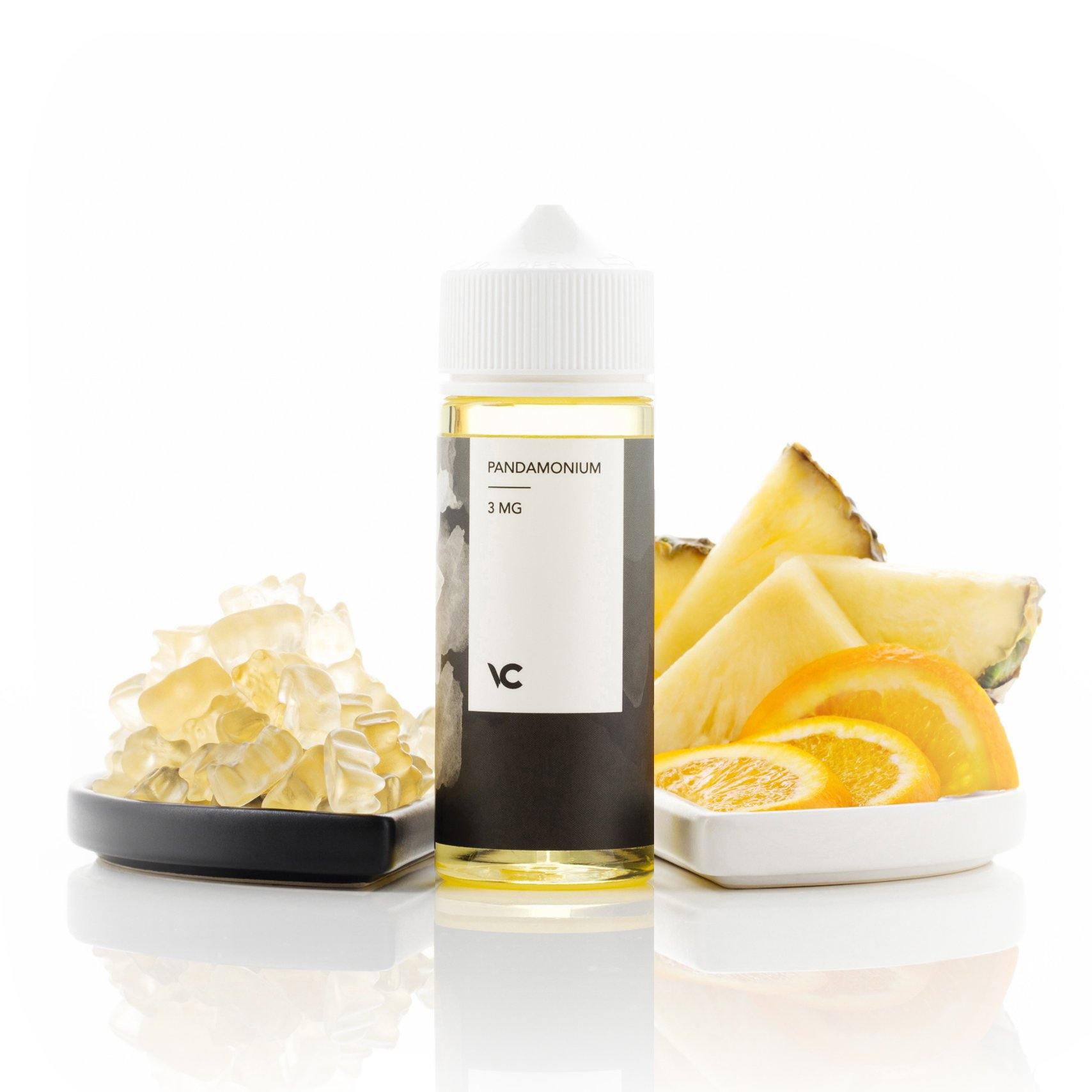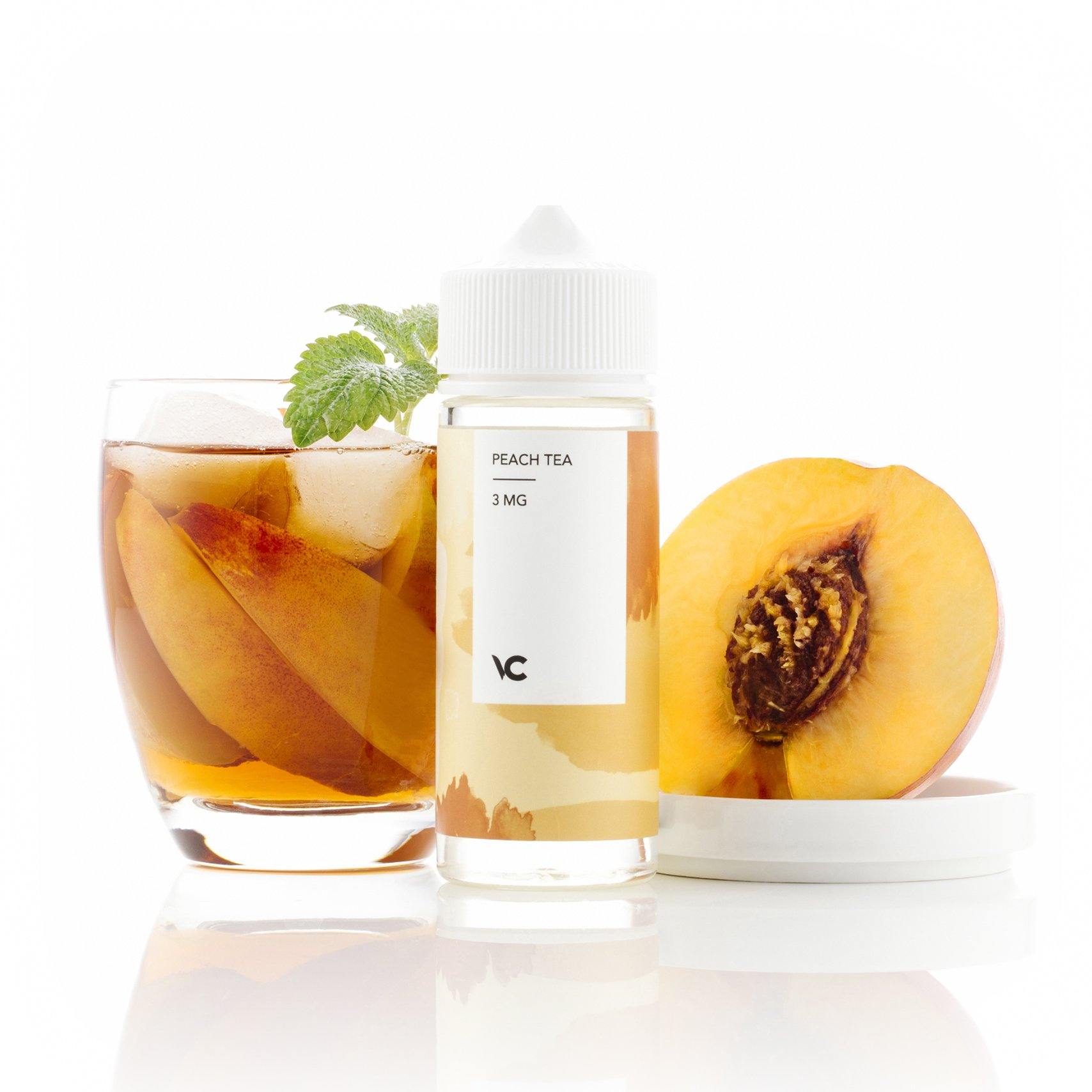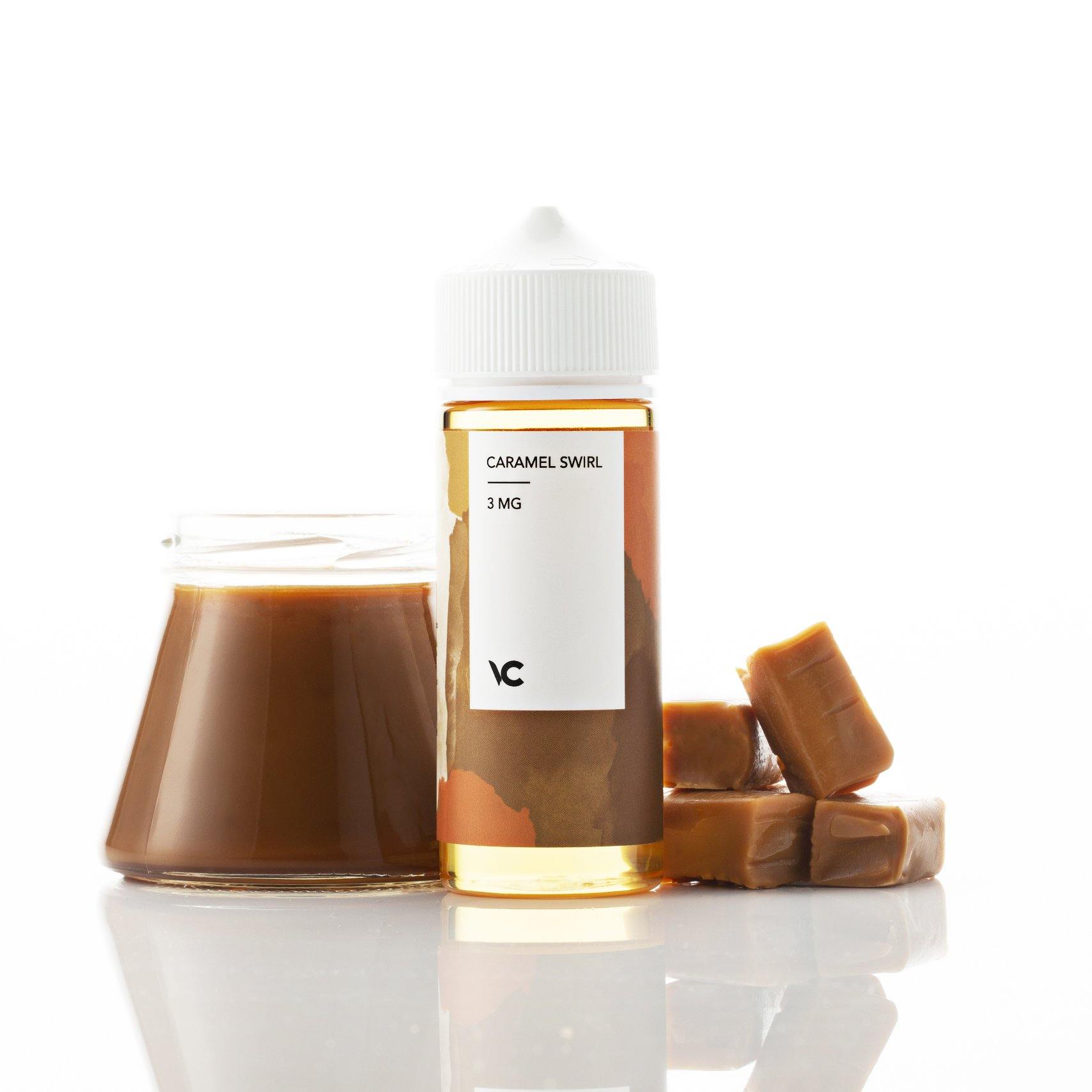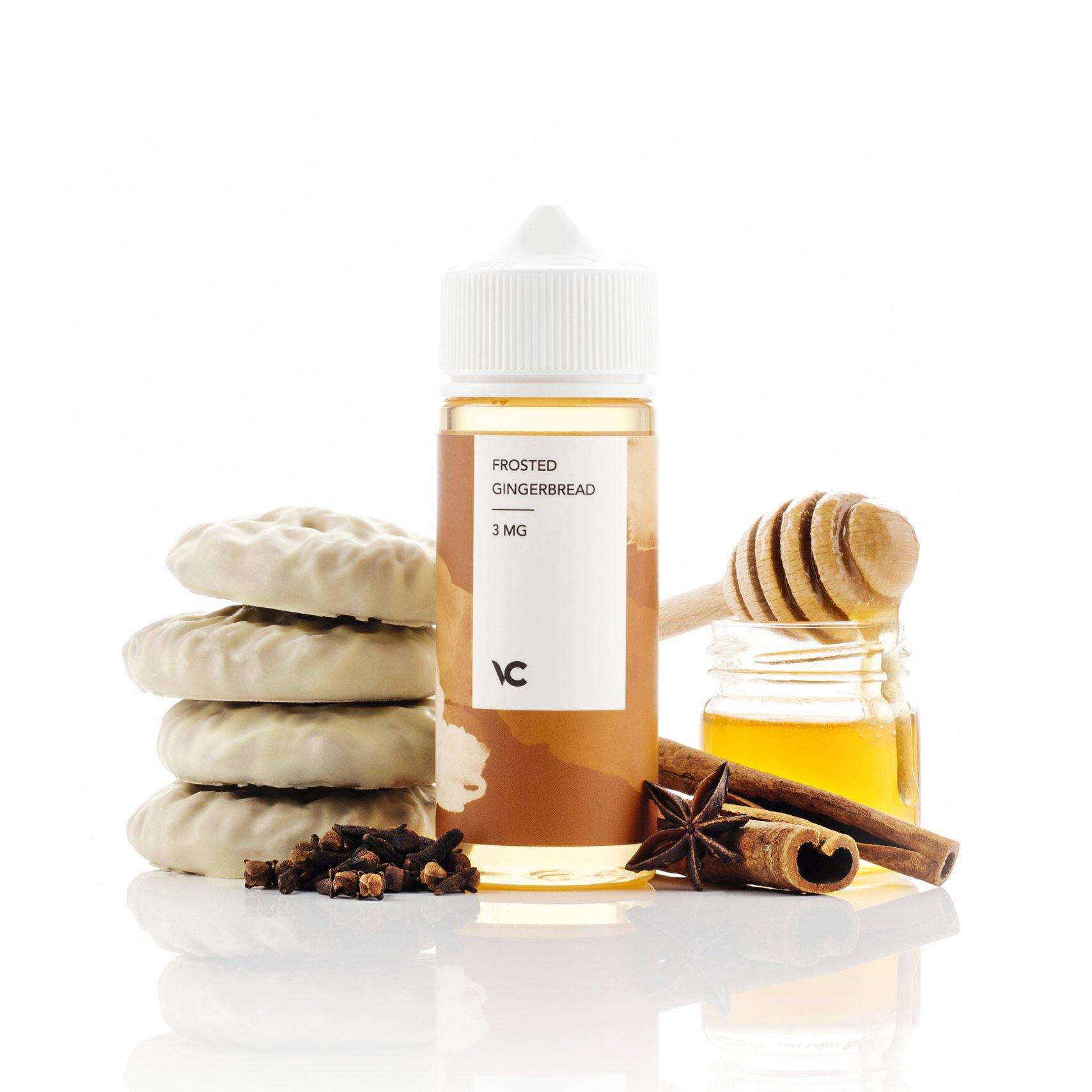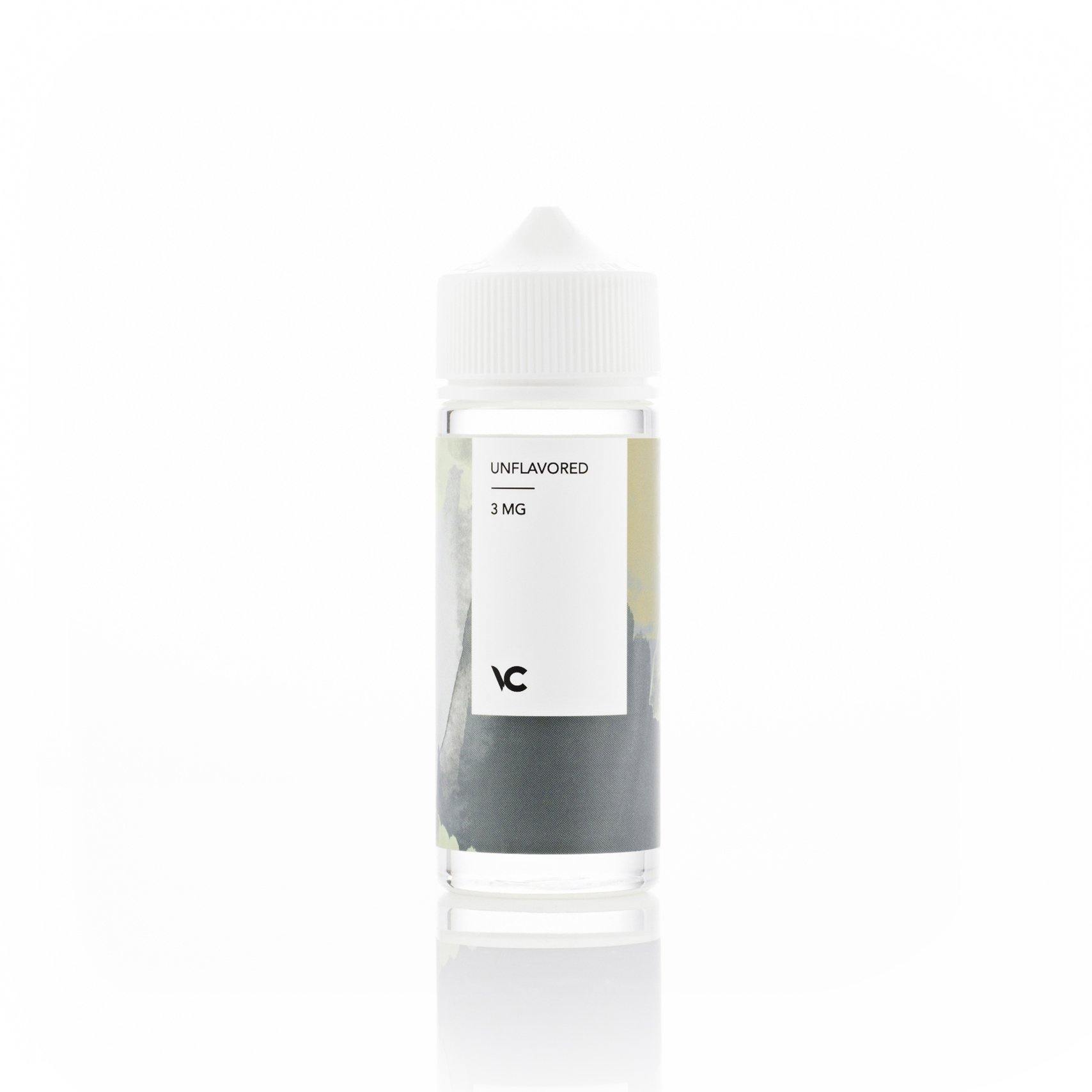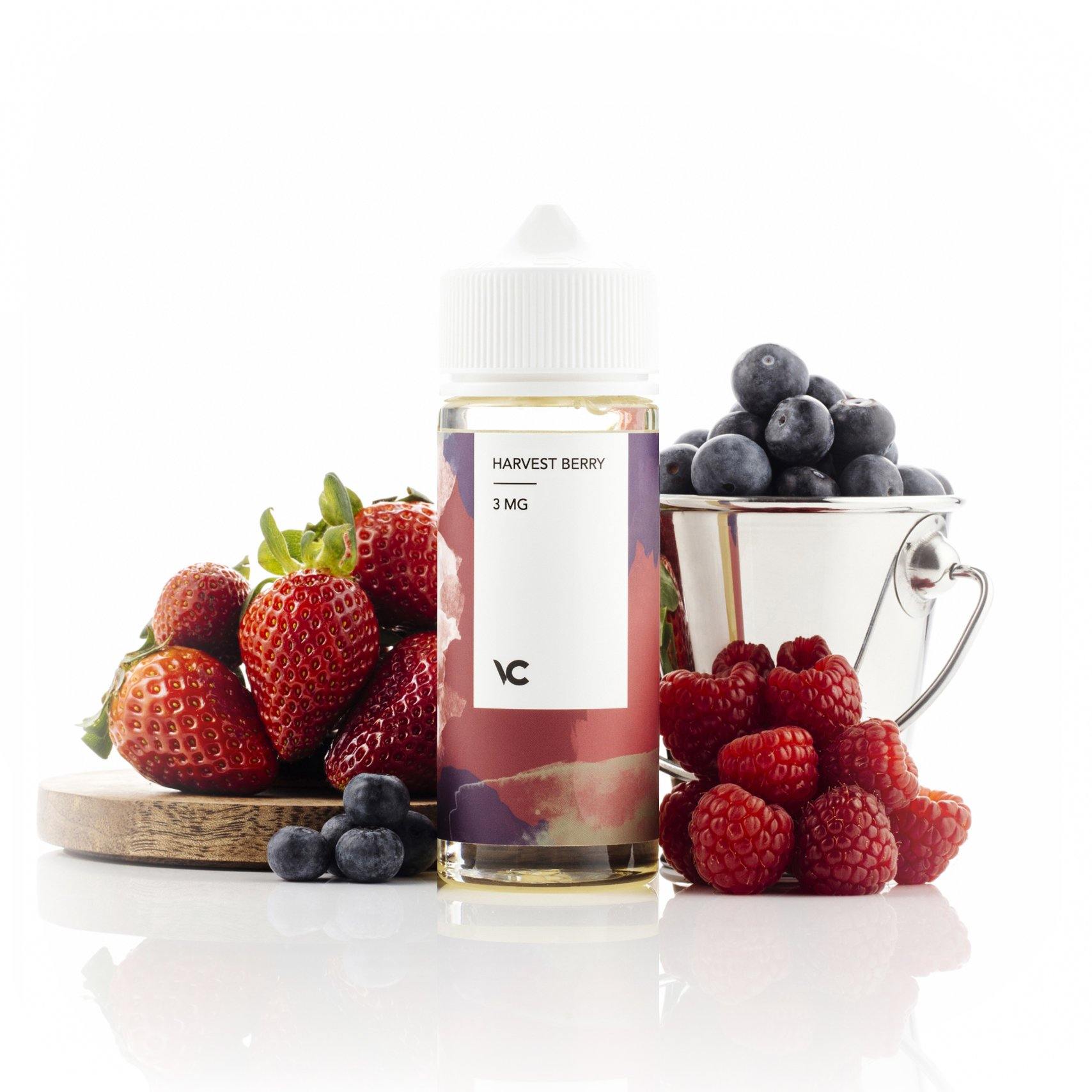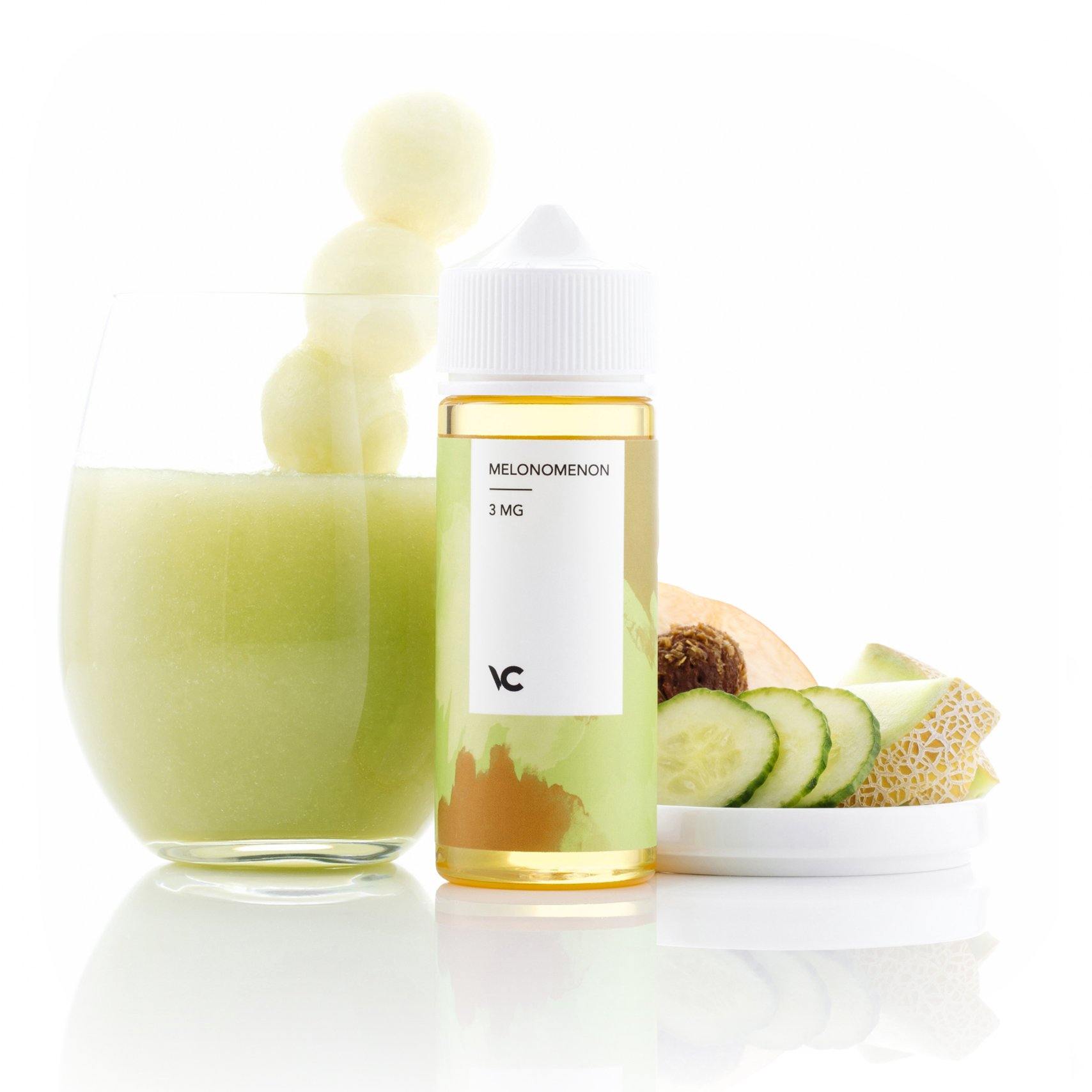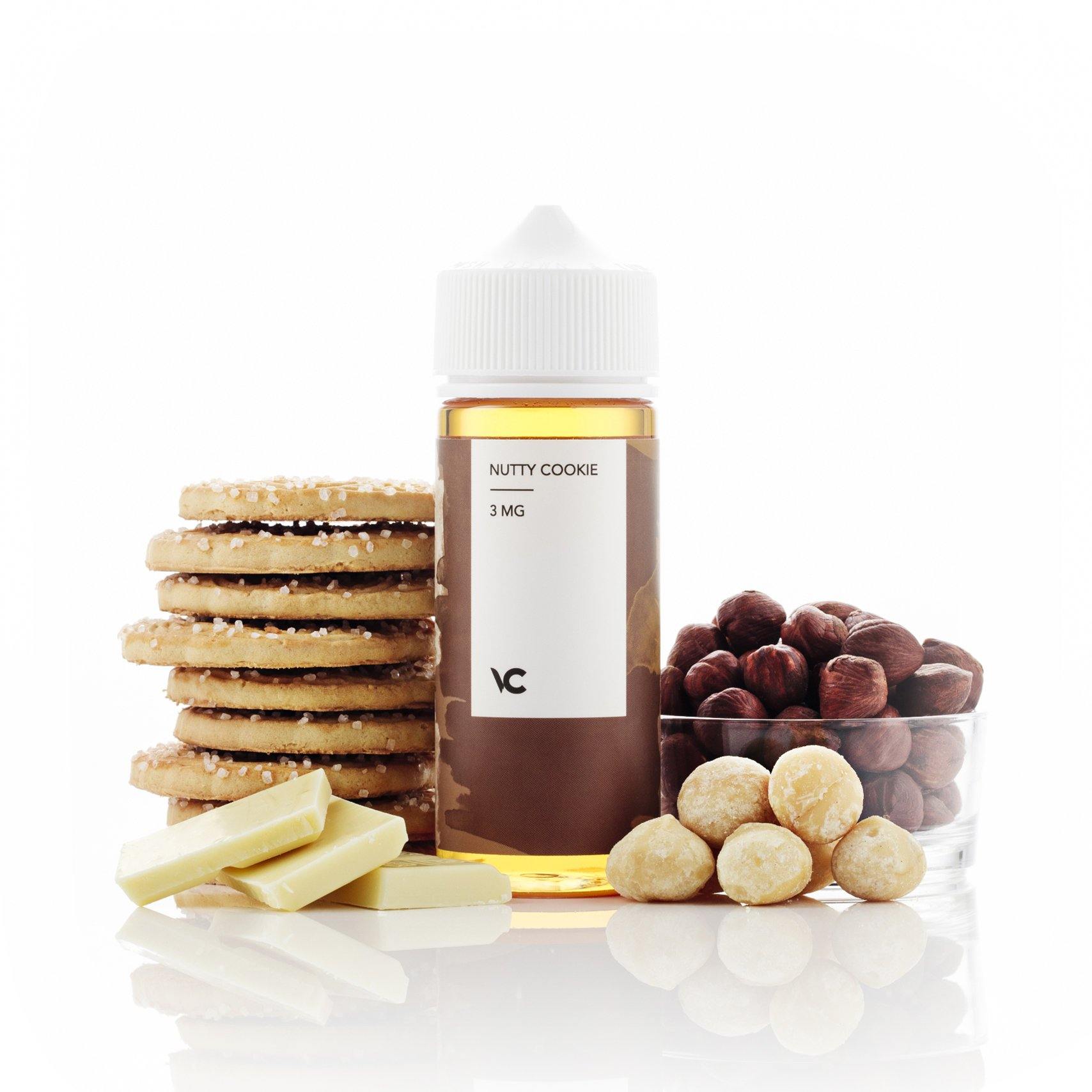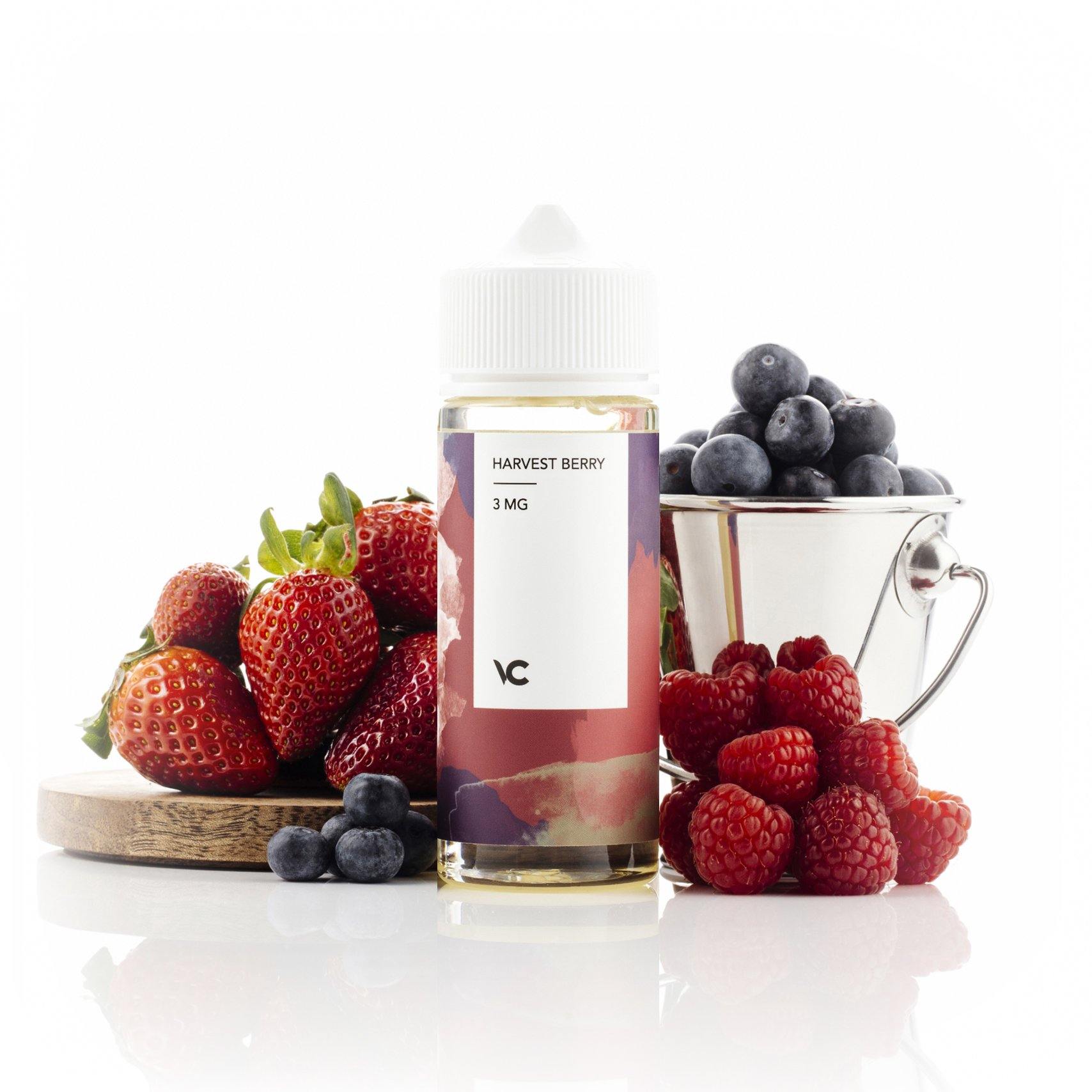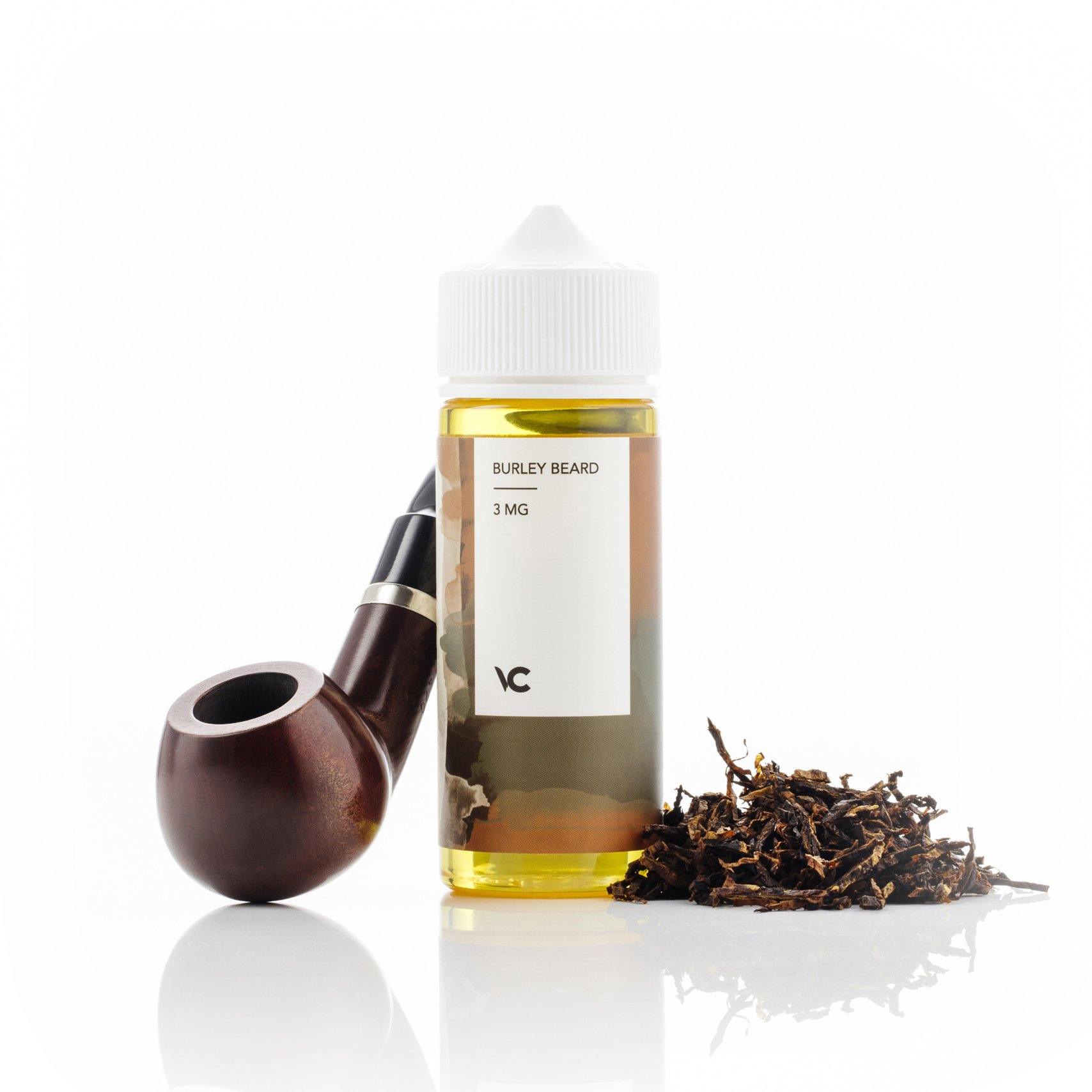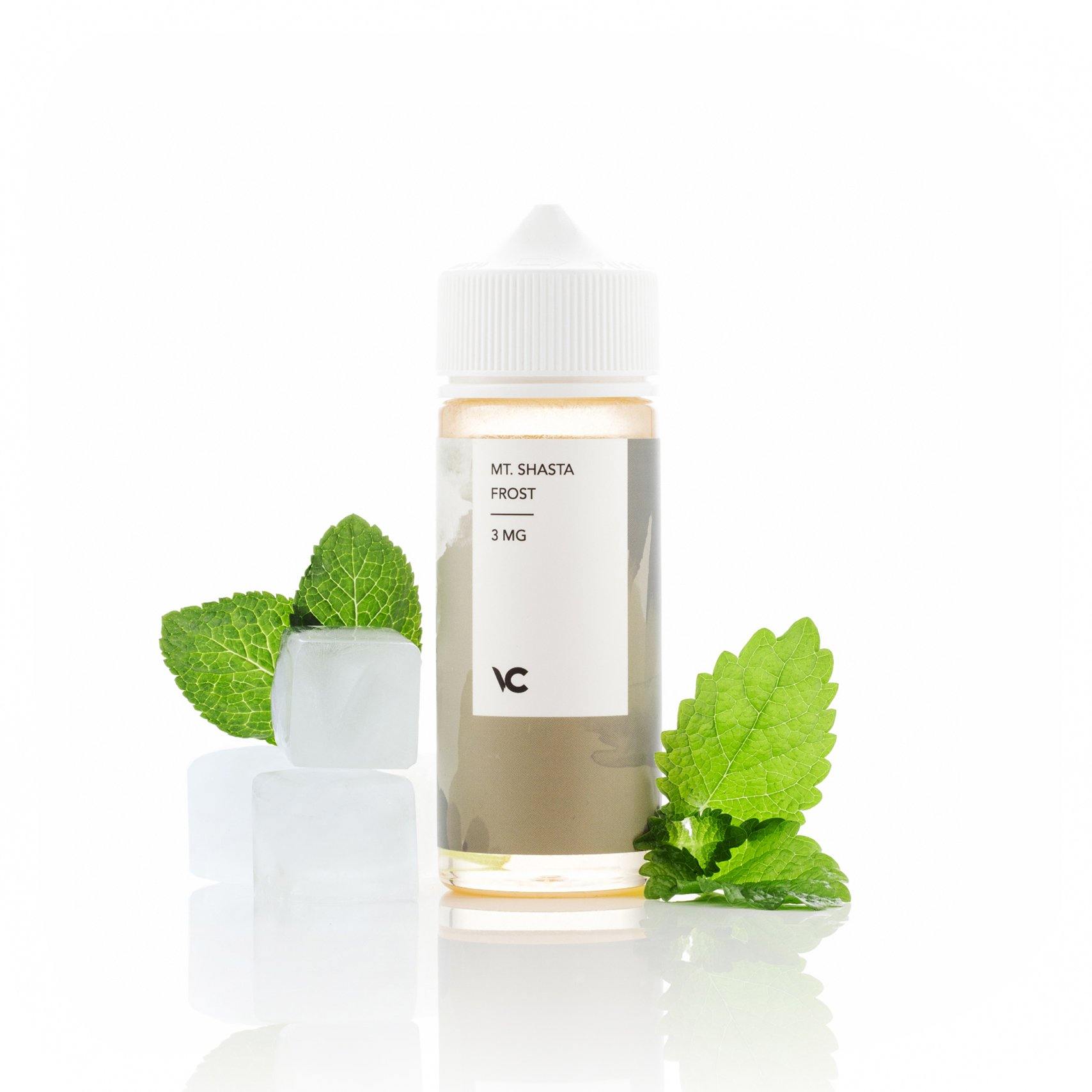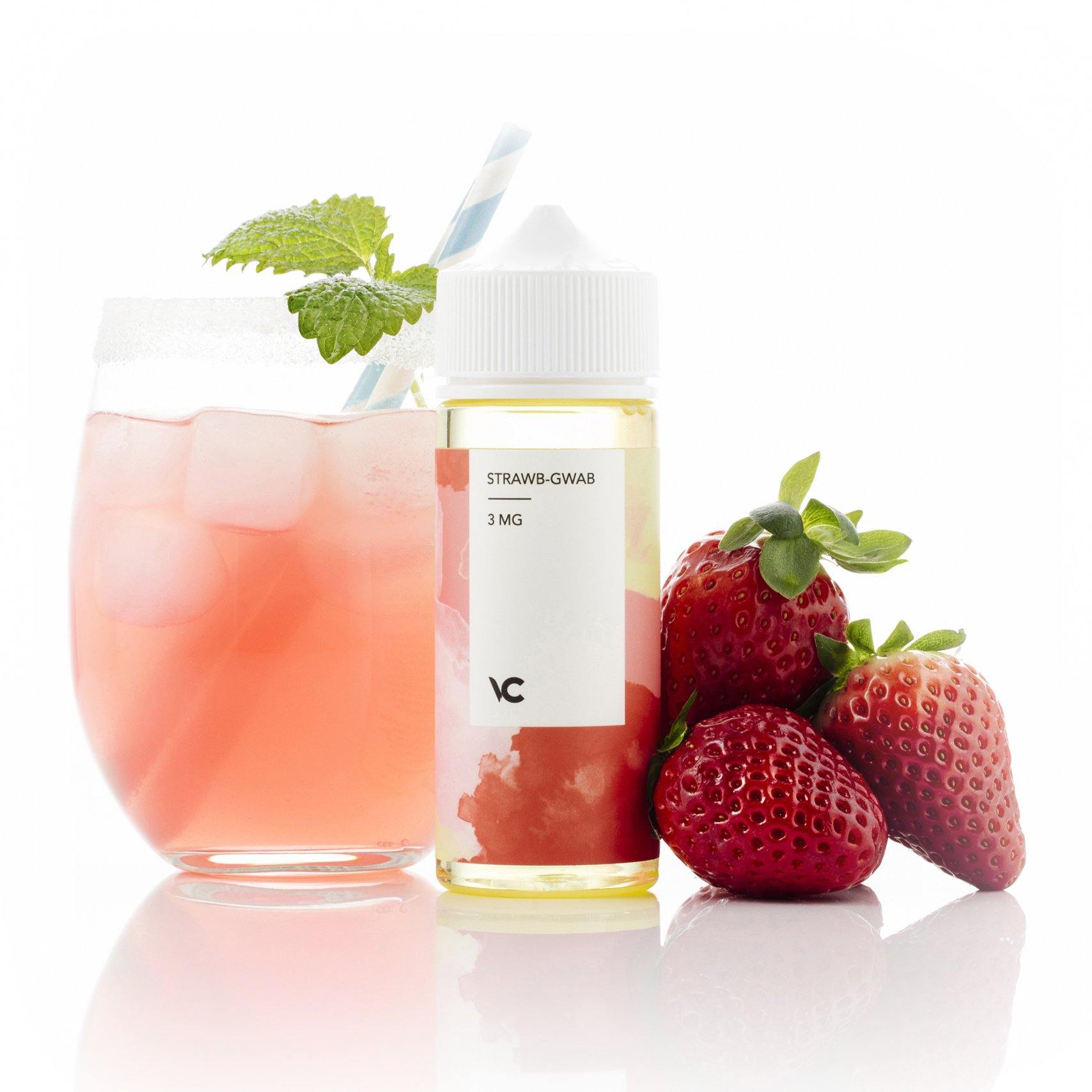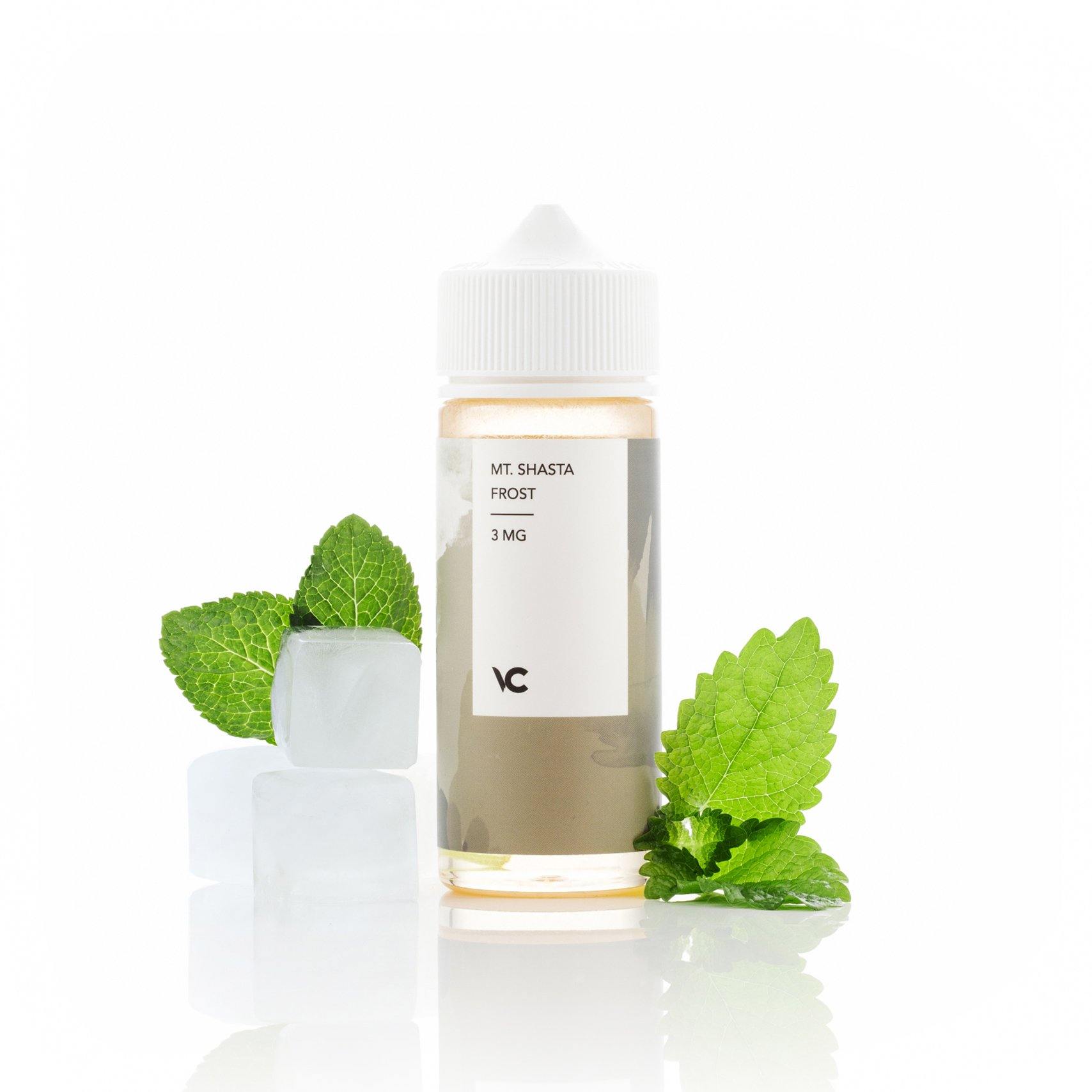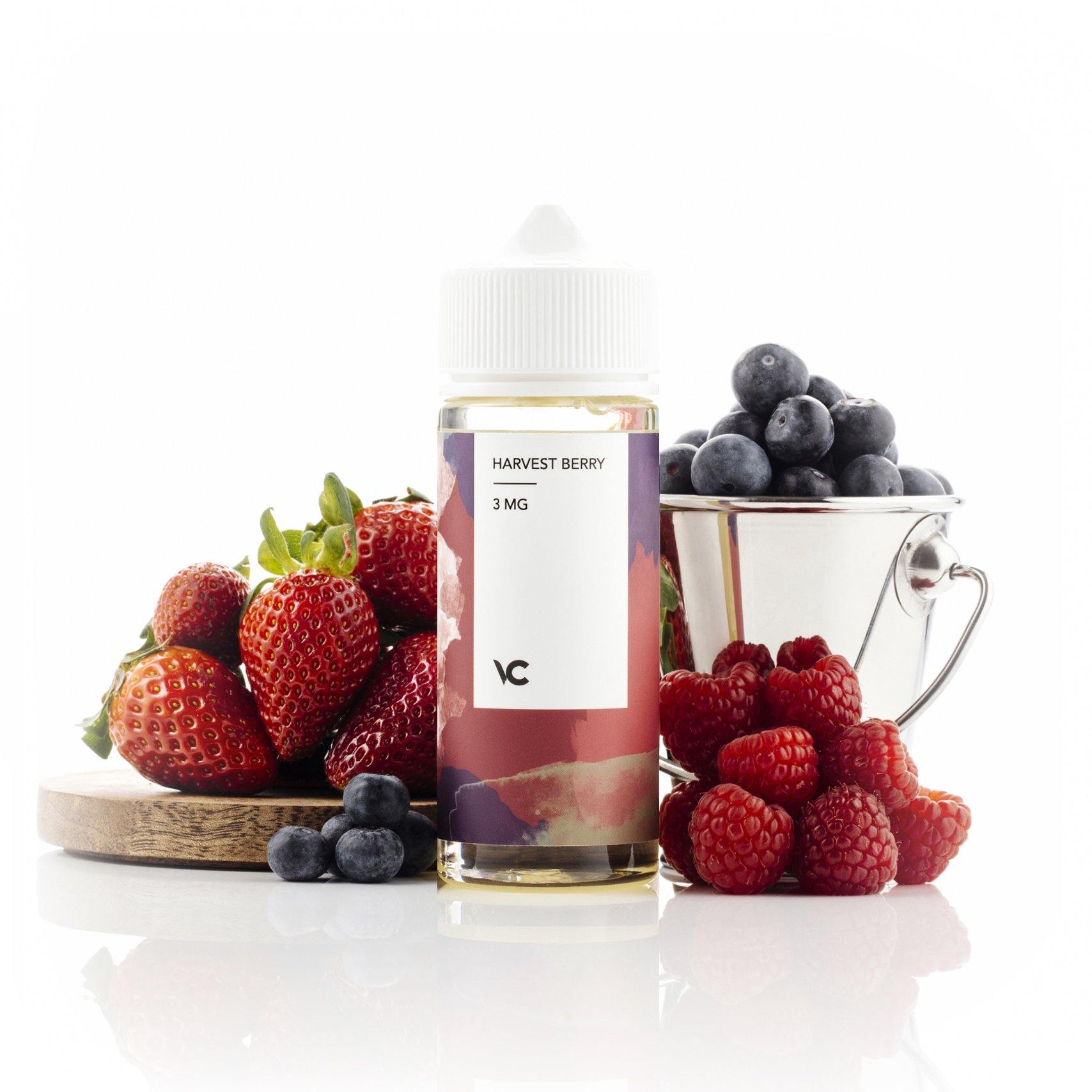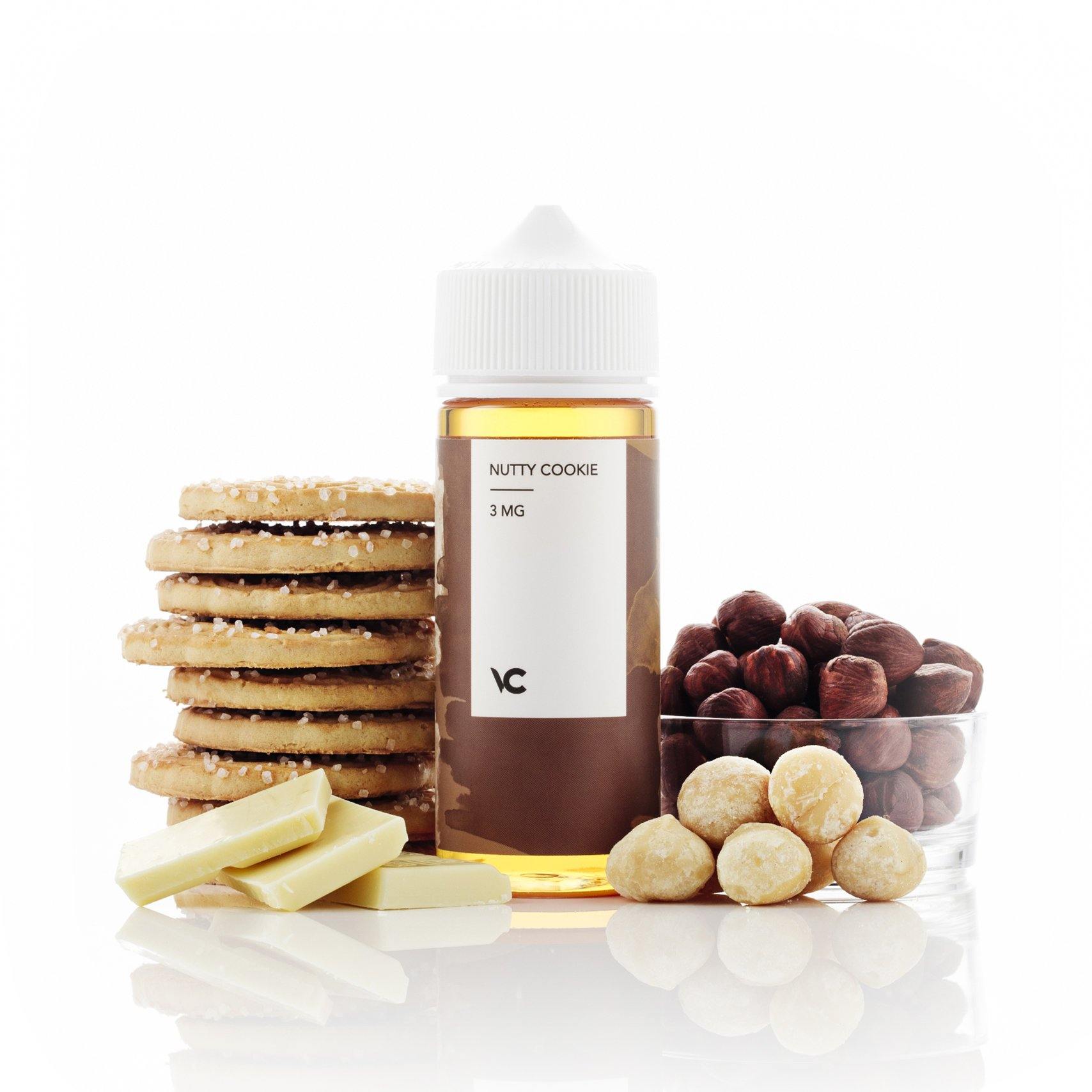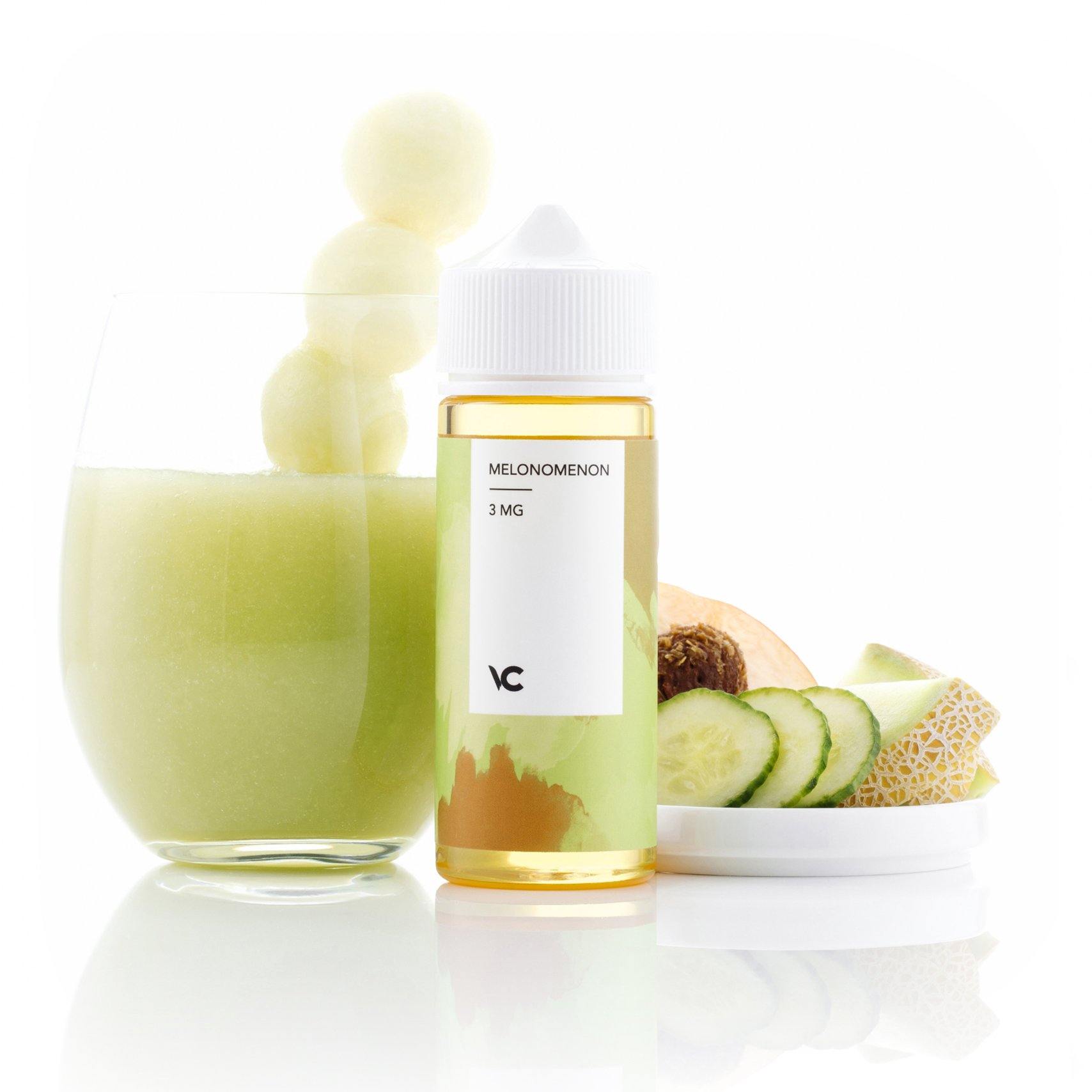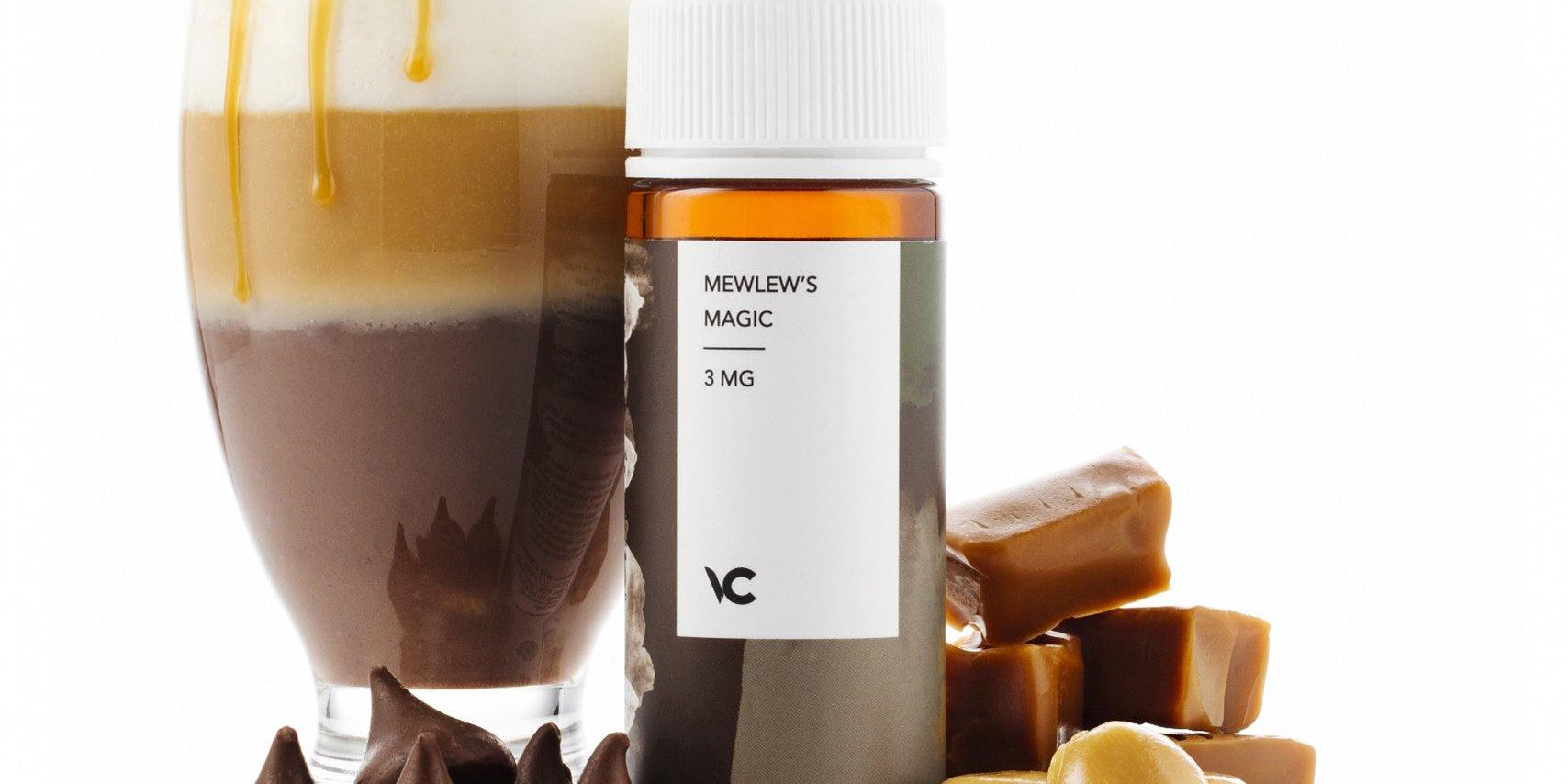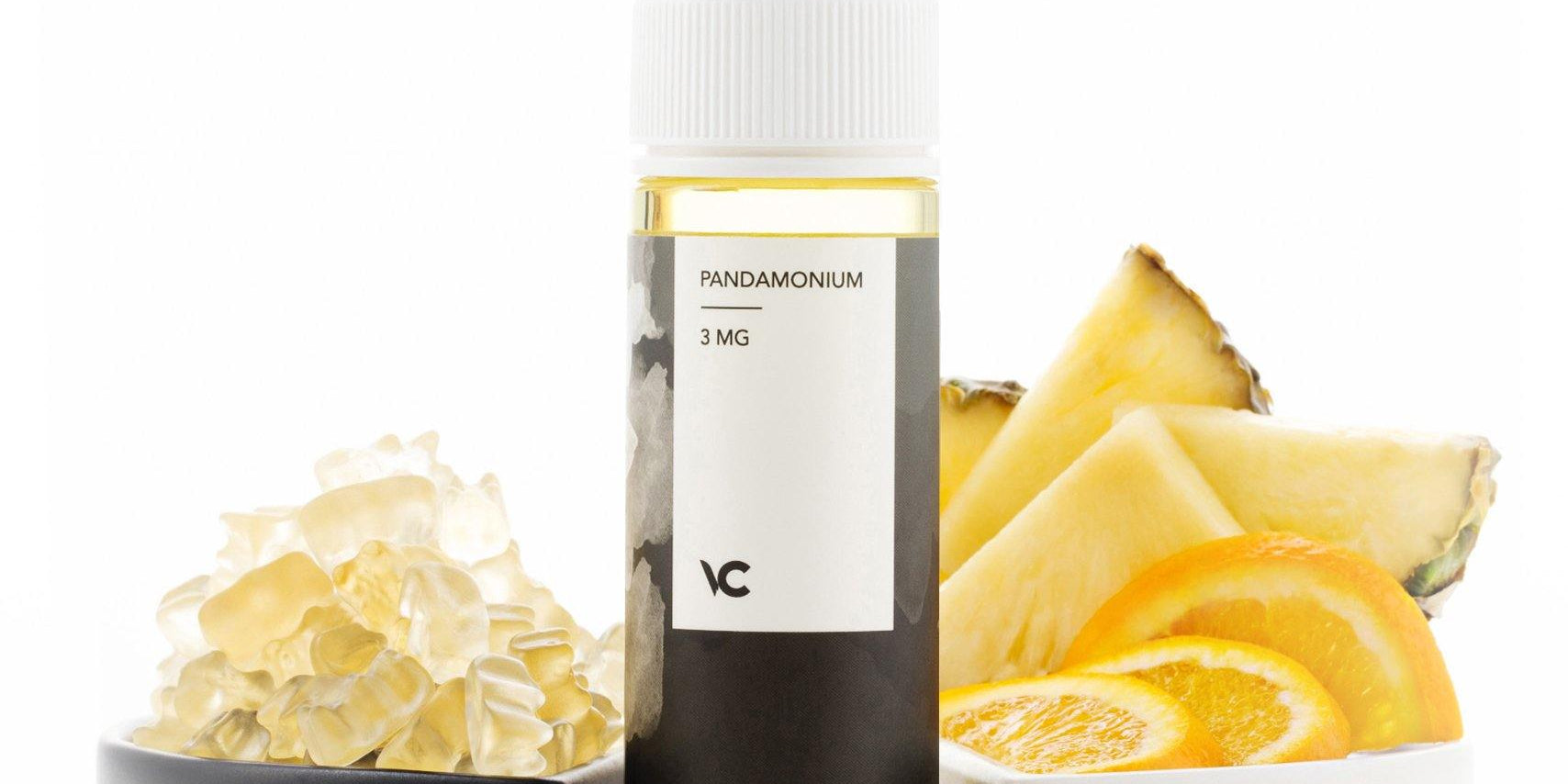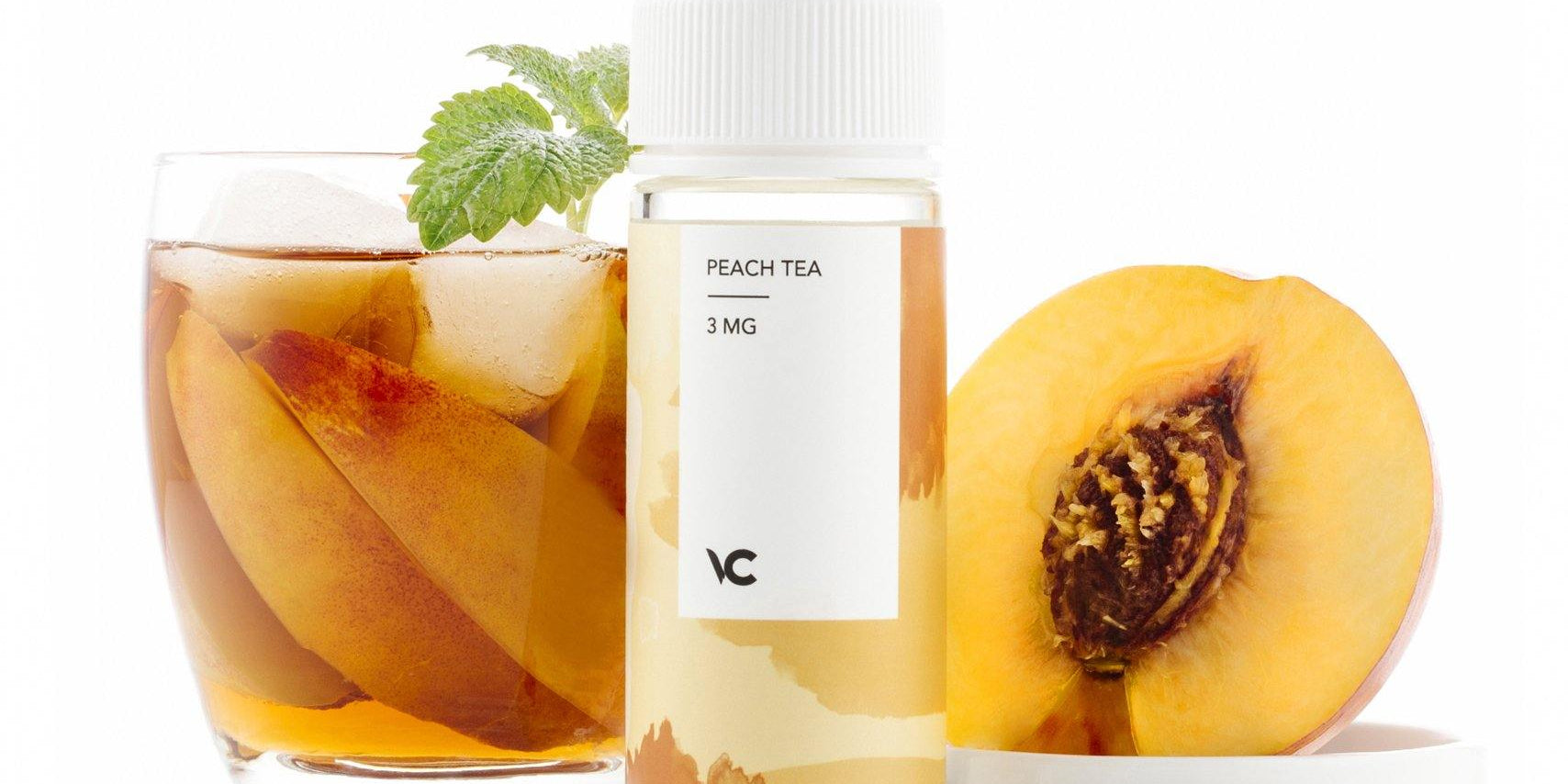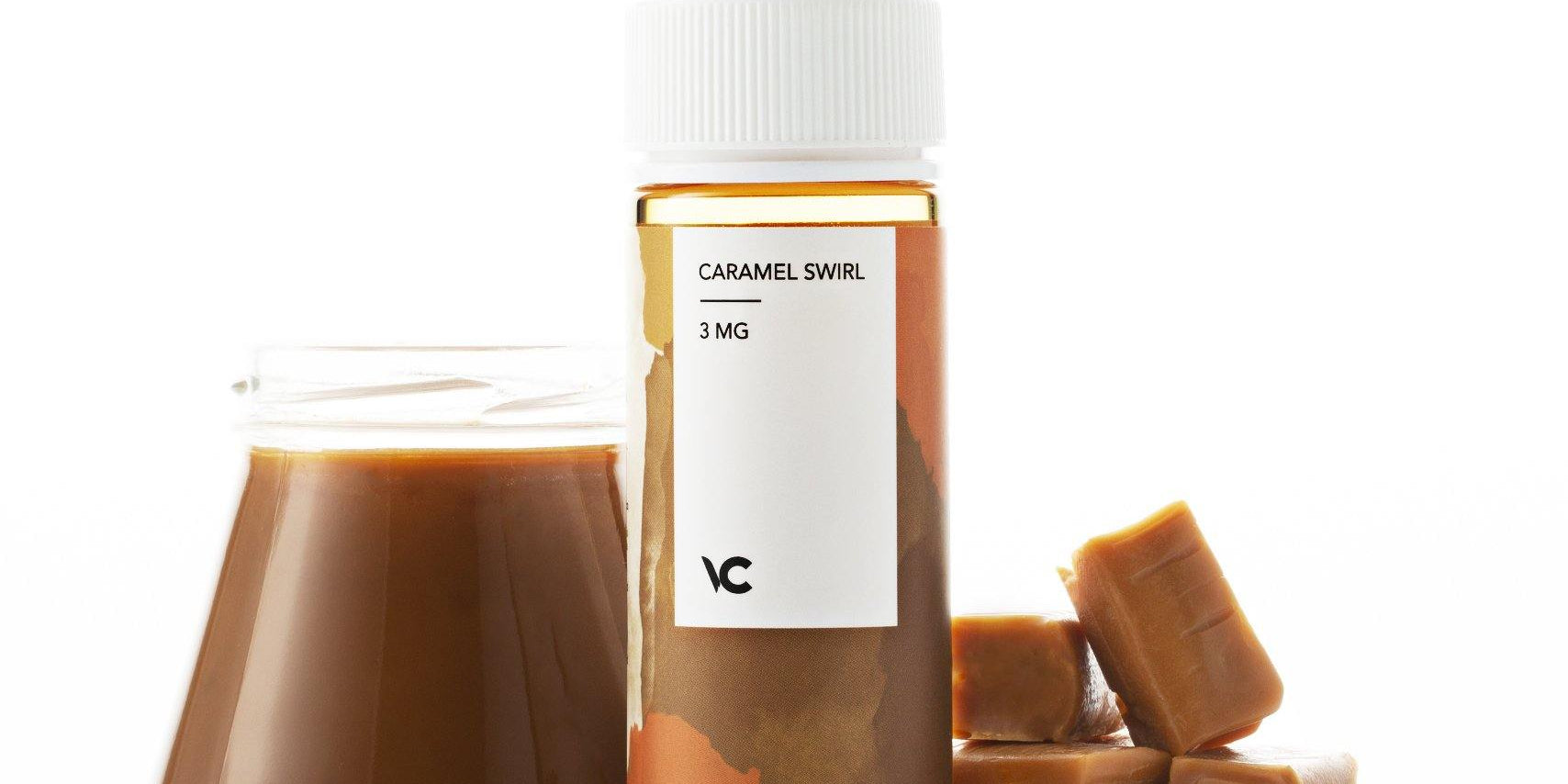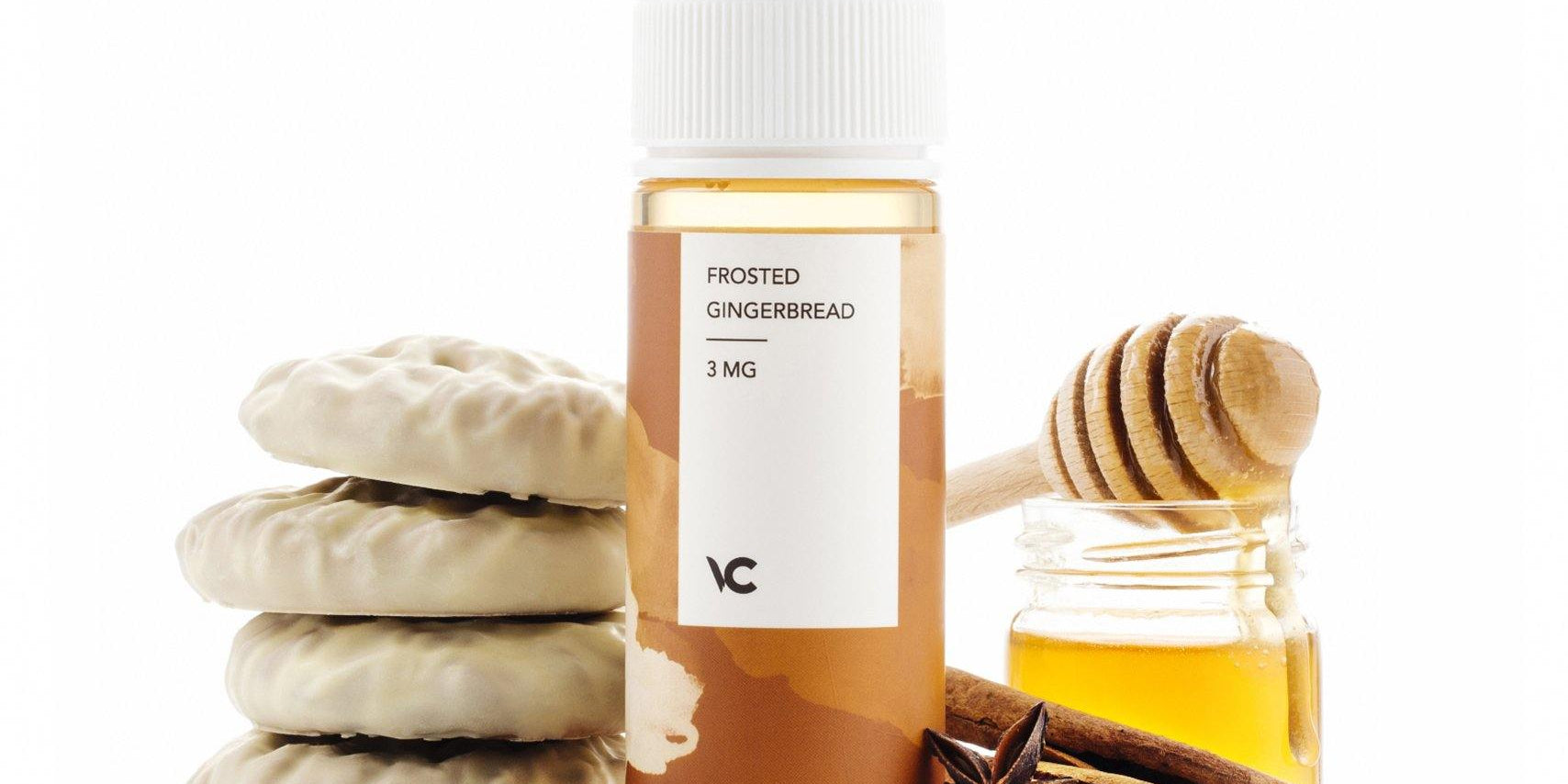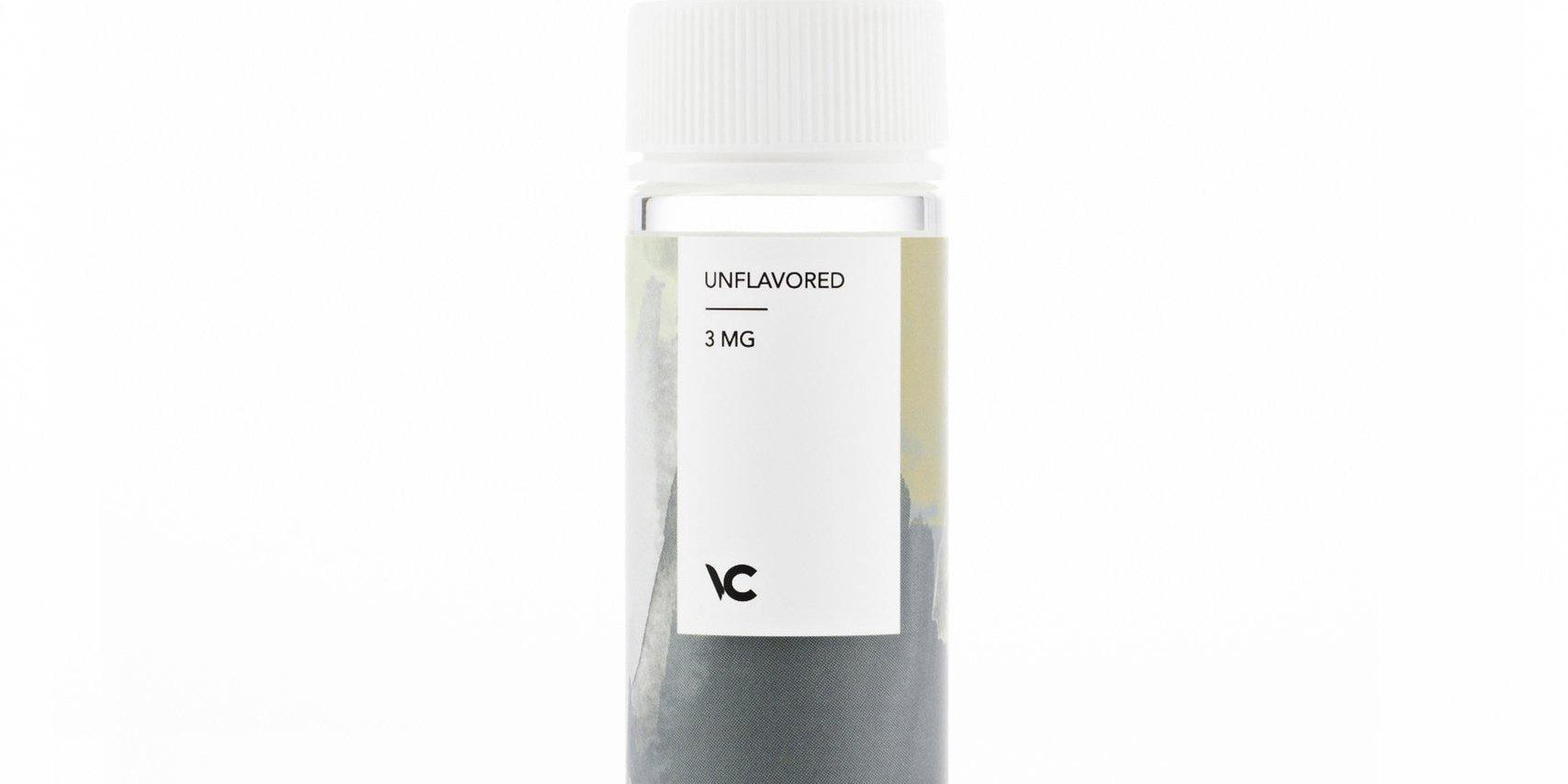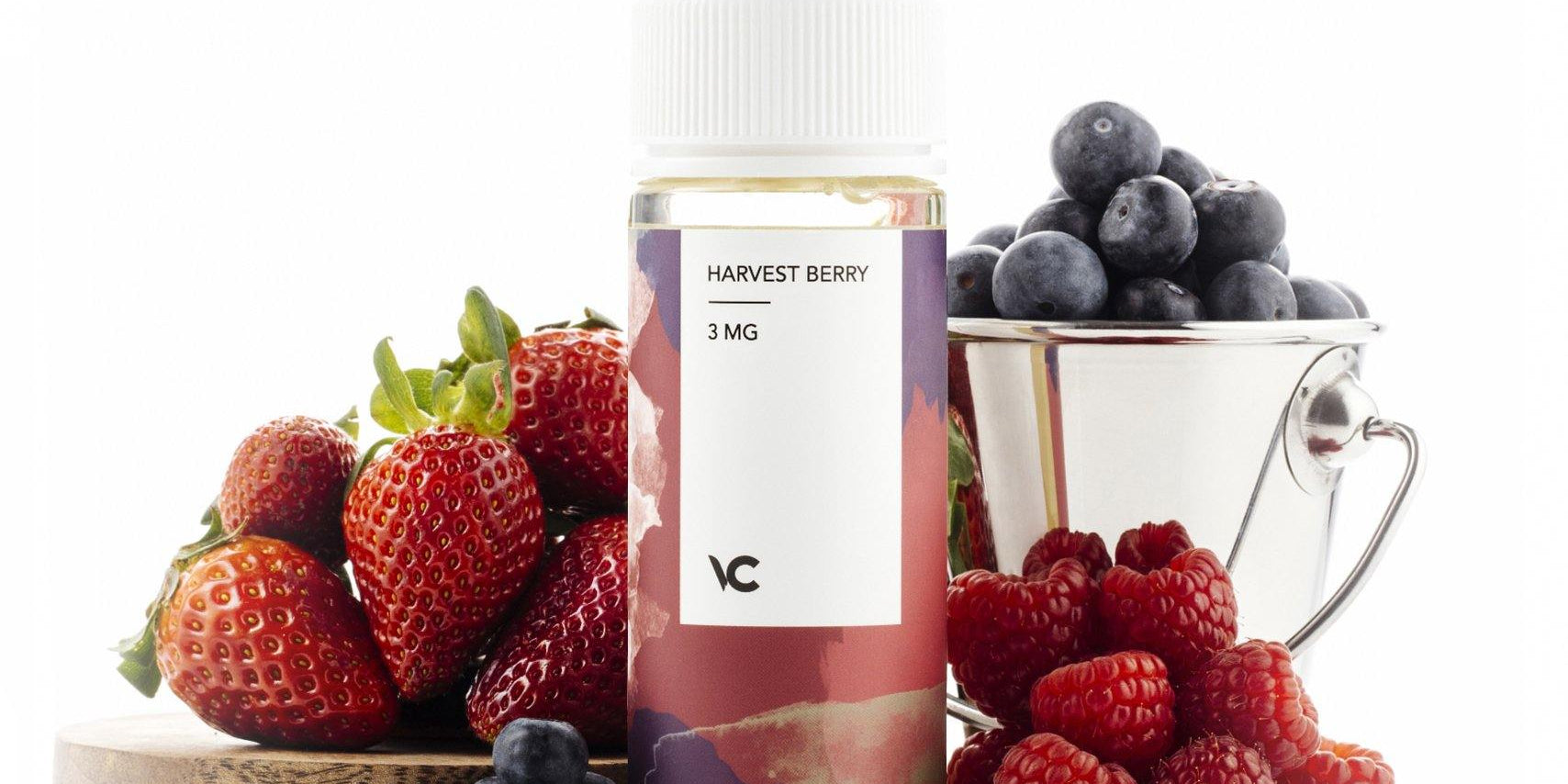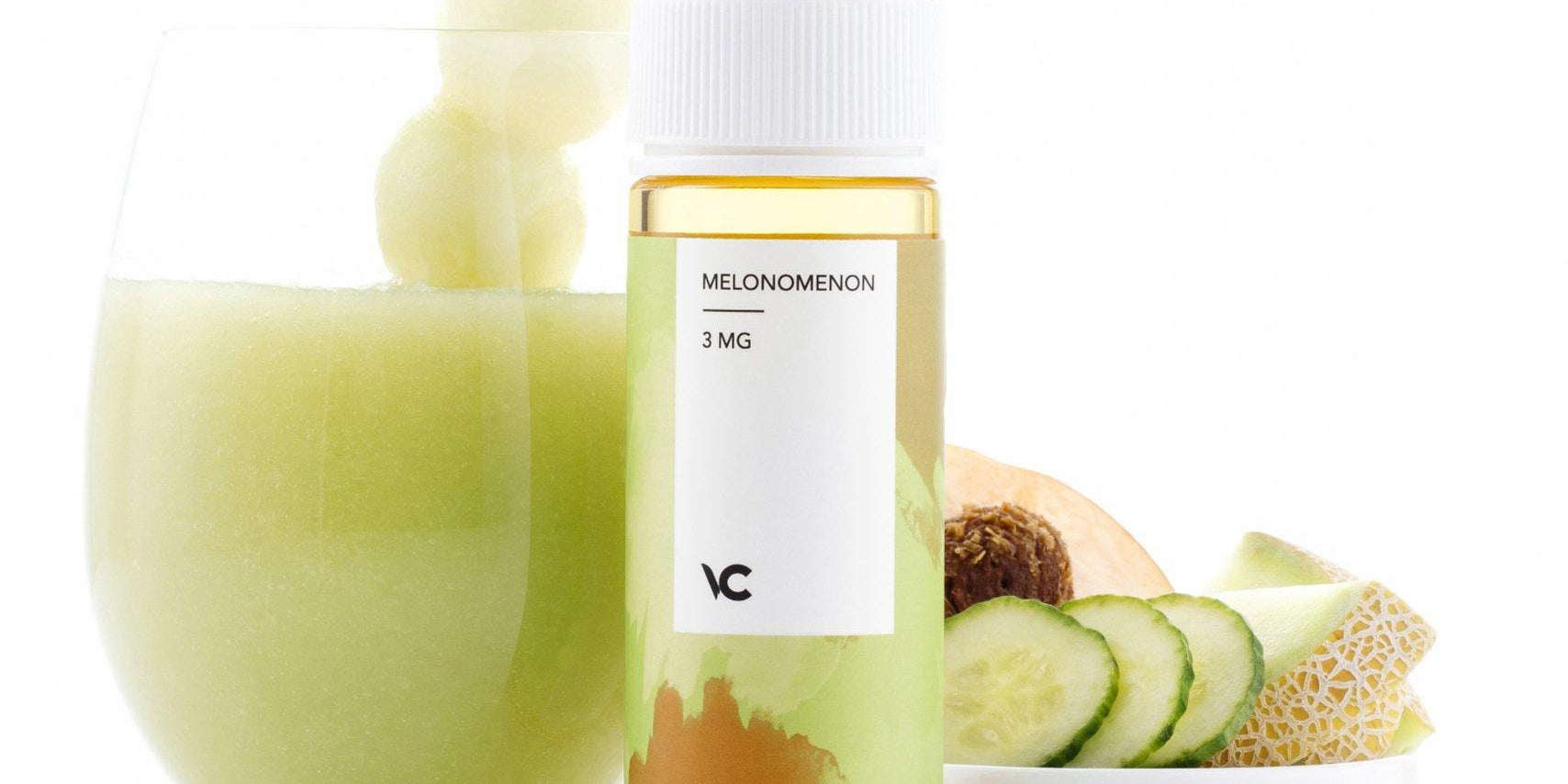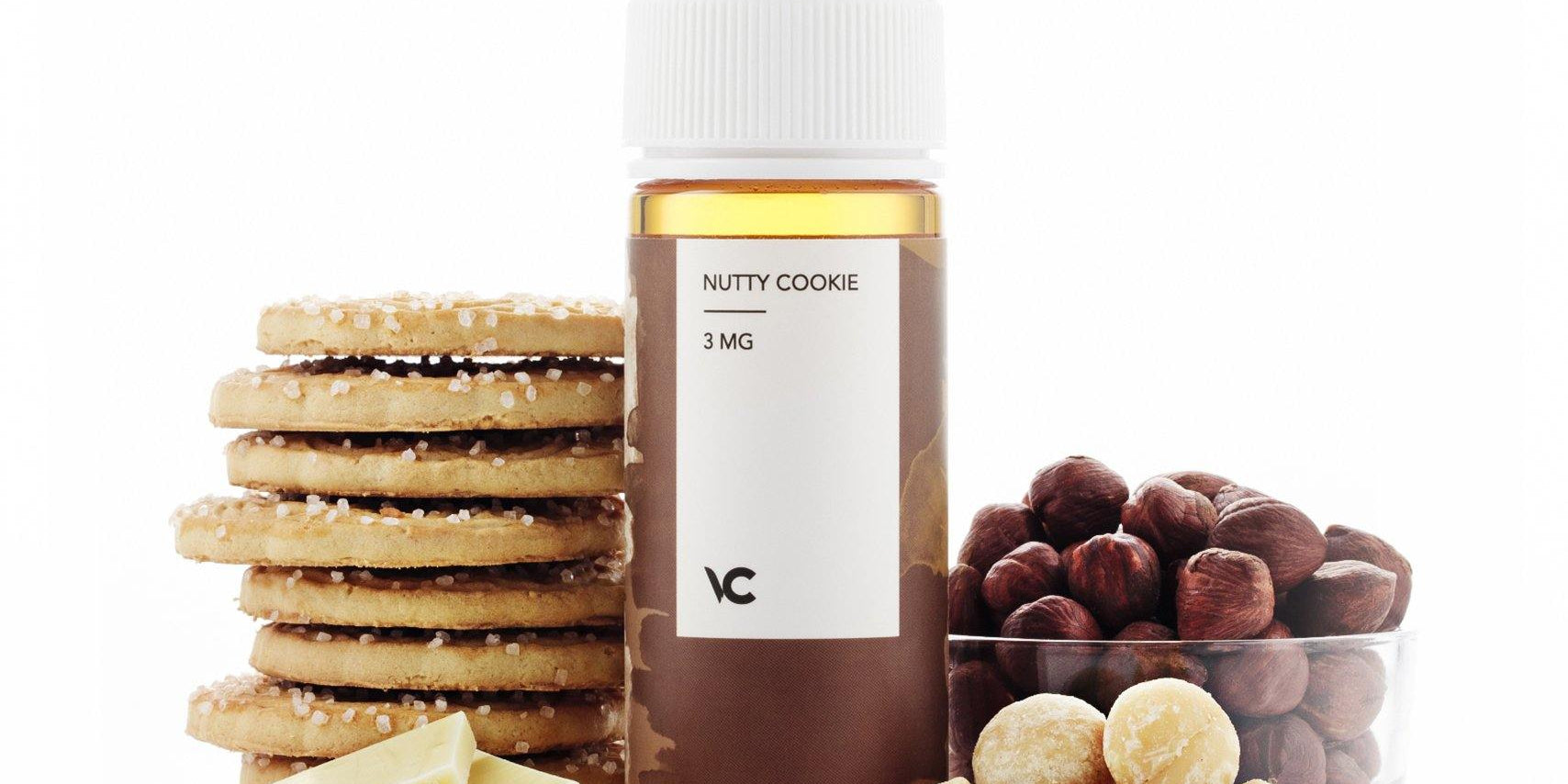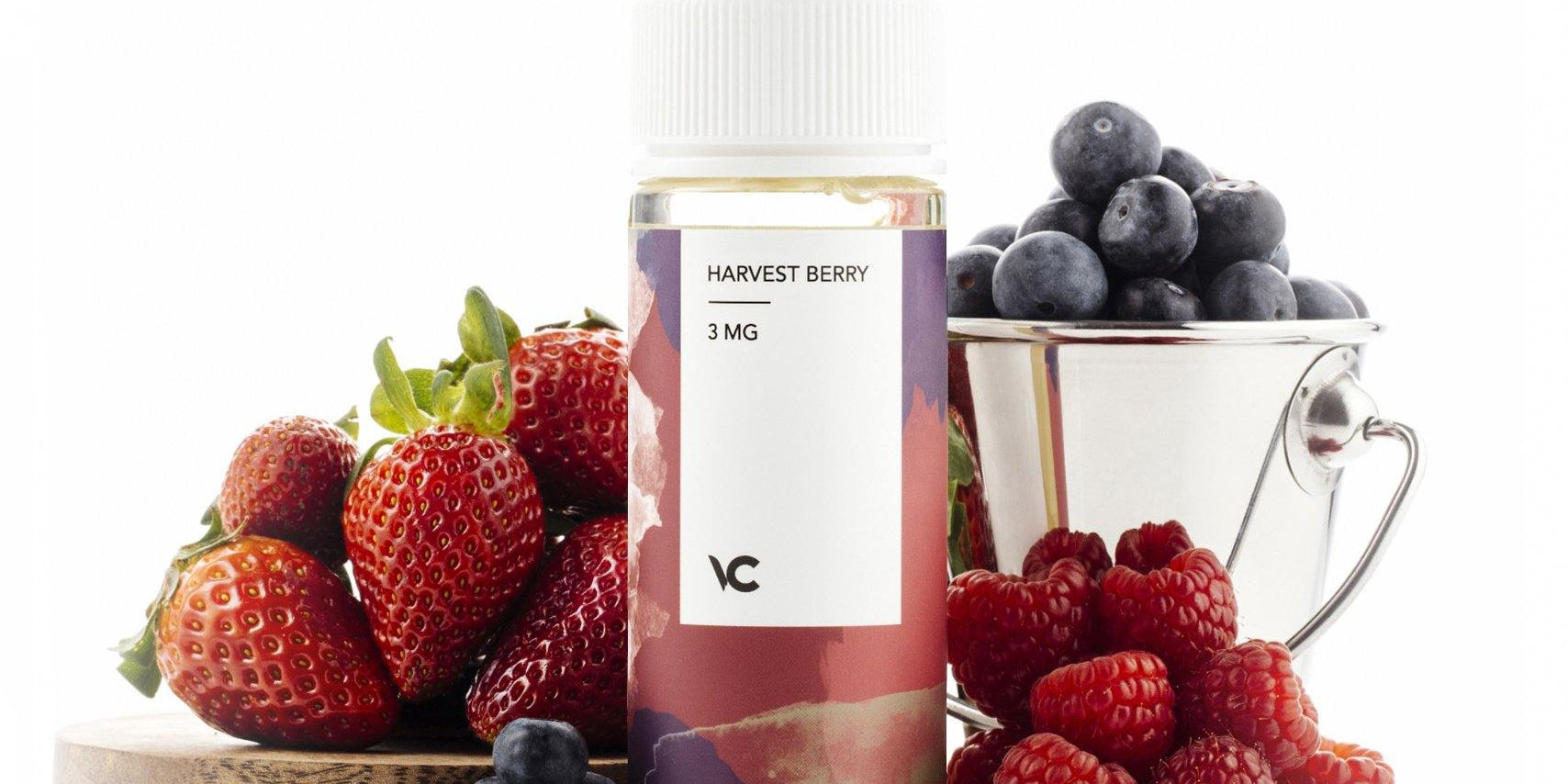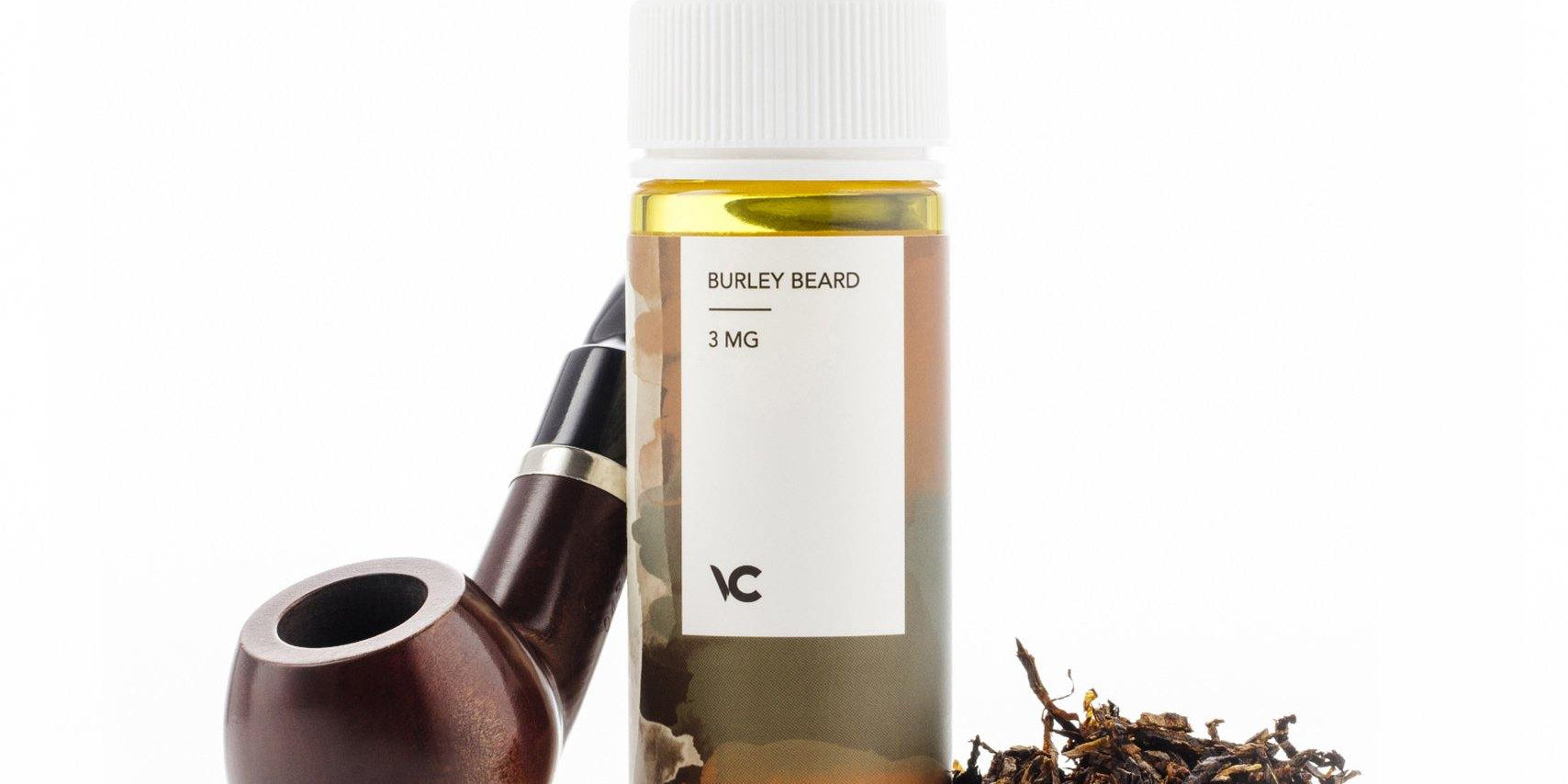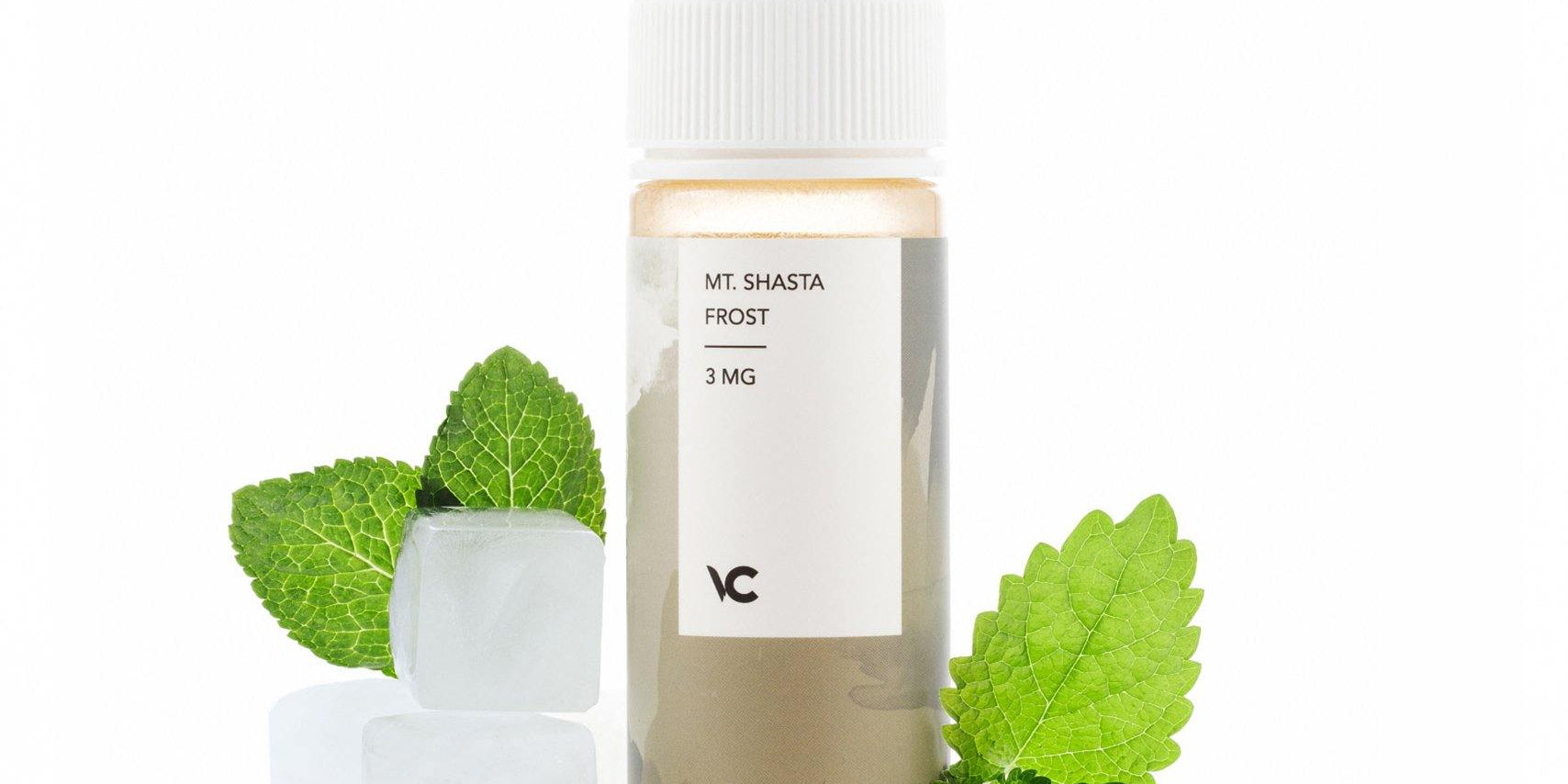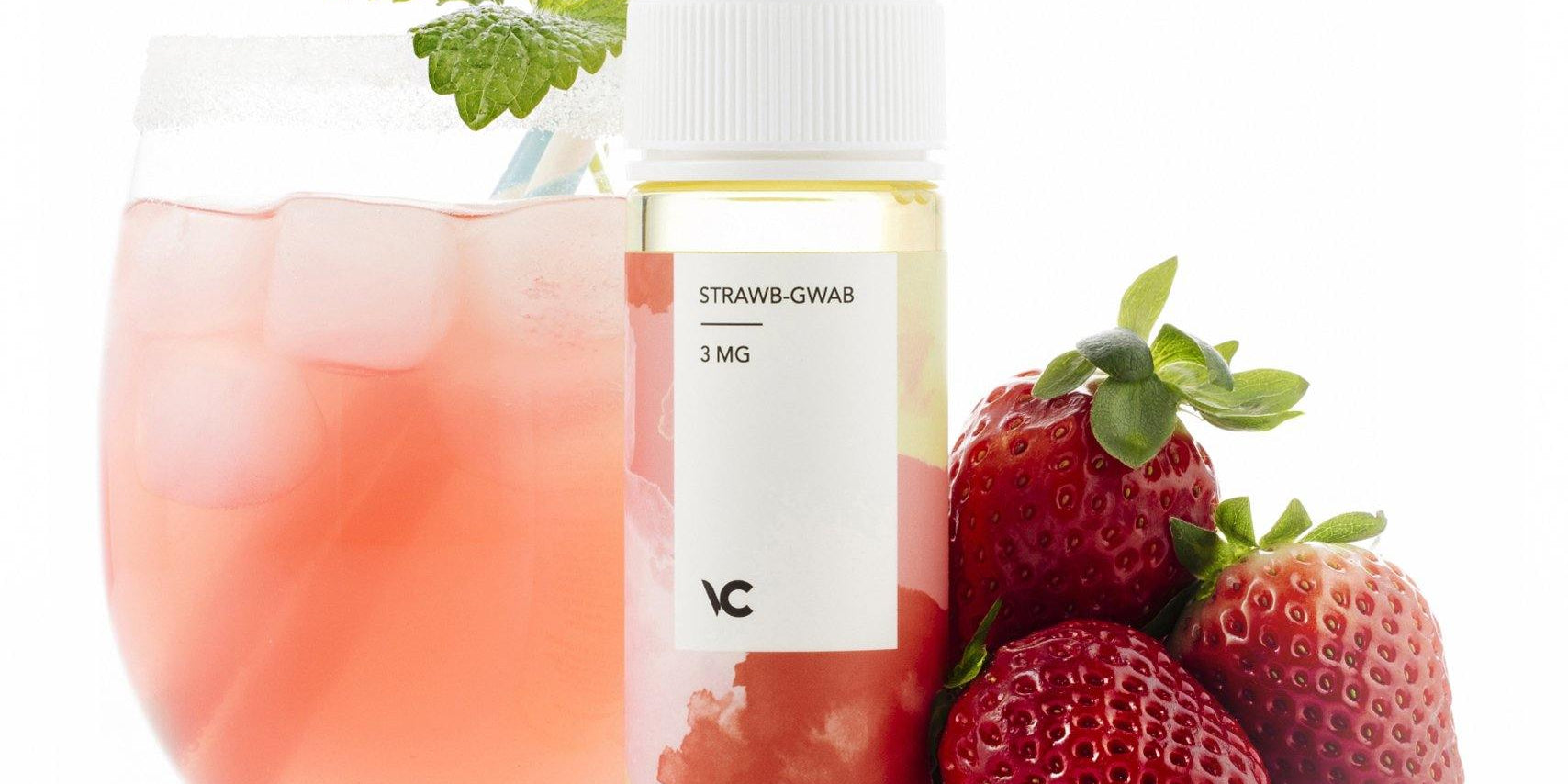Vape juice, also known as e-liquid, is the fuel that powers your vaping experience, delivering flavor, nicotine, and those satisfying clouds of vapor. But like any consumable product, vape juice is not immune to the passage of time. Even though it doesn’t spoil like food, e-liquid taste, strength, and overall quality can degrade over time.
So, does vape juice expire? Yes, it does. But understanding its shelf life, the factors that influence it, and how to properly store it can help you enjoy a safe vaping experience for longer.
Does e-liquid have an expiry date?
Yes, e-liquid does have an expiration date. Most vape juice comes with a recommended shelf life of about two years from the date of manufacture. This date is not a hard cutoff but rather a guideline for when to expect the product to start degrading. Over time, the ingredients in e-liquid will break down, causing a less pleasant taste, reduced nicotine hit, and harsher vapor.
What Factors Impact the Life of Vape Juice?
Several factors can influence how long your vape juice remains fresh and effective, including nicotine levels, environmental conditions, ingredient quality, and storage conditions.
1. Nicotine content
Nicotine is one of the most volatile components in vape juice. Over time, it oxidizes when exposed to air. This process alters nicotine’s chemical structure, which can diminish its potency and change the e-liquid color, usually to a darker shade. Nicotine degradation also affects the throat hit and overall flavor of the e-liquid. Nicotine-free vapes typically have a longer shelf life compared to those containing this tobacco derivative.
2. Exposure to heat and light
Heat and light are major enemies of vape juice freshness. UV rays from the sun can accelerate the breakdown of components in e-liquids, leading to faster degradation. Similarly, exposure to high temperatures can cause the VG and PG to separate and deteriorate, losing aroma and consistency. You must store vape juice in a cool, dark place to prevent decay and preserve its quality.
3. Air Exposure
Once you open a bottle of vape juice, it’s exposed to air, which starts the oxidation process. Oxygen will degrade nicotine and flavorings, leading to a change in taste and a decrease in nicotine strength. To minimize air exposure, always tightly seal the bottle after use.
4. Ingredients
The specific ingredients in vape juice are crucial in determining its shelf life. Vape Juice’s four main components—propylene glycol (PG), vegetable glycerin (VG), nicotine, and flavorings—each have their own expiration. PG and VG are relatively stable and can last years. However, nicotine and flavorings degrade faster, especially when exposed to heat, light, or air. So, even though the vape juice might be safe to use after the expiration date, it may not deliver the same quality of experience.
5. Storage Conditions
How you store your vape juice is critical to its longevity. Exposure to fluctuating temperatures, sunlight, and air can all contribute to the breakdown of the e-liquid. Proper storage conditions in cool, dark areas can significantly extend the life of your vape juice.
Signs That Vape Juice Has Gone Bad
Even with the best storage practices, vape juice doesn’t last forever. Signs that your e-liquid has gone bad include color shifts, ingredient separation, strange scent, altered taste, and vapor changes.
1. Darkening color
A significant color change is one of the most apparent signs that vape juice has expired. If your e-liquid has turned dark brown or black, it indicates the nicotine has oxidized. While this doesn’t necessarily mean the juice is unsafe to use, it does mean the flavor and potency have likely diminished.
2. Separation of ingredients
Vape juice should have a uniform consistency. If you notice that the ingredients have separated, with some components sinking to the bottom of the bottle, it’s a sign that the juice has started to degrade. Shaking the cartridge can temporarily blend the ingredients, but this is usually a sign that the e-liquid is past its prime.
3. Off smell
Your sense of smell can be a reliable indicator of whether your vape juice has gone bad. If the e-liquid has developed a strange or off-putting scent, the flavorings have probably degraded. A sour or chemical scent clearly indicates that the vape juice is no longer fresh.
4. Altered taste
If your vape juice tastes different from what you remember, it’s a good sign that it has expired. Degraded flavorings can cause a bland, harsh, or even unpleasant taste. If the vape juice no longer provides the enjoyable experience you’re used to, it’s time to replace it.
5. Reduced vapor production
A noticeable drop in vapor production is another sign that your vape juice has gone bad. If your e-liquid isn’t producing the same amount of vapor as it used to, it could be due to the deterioration of VG or other components.
How to Properly Store Vape Juice?
Proper storage is key to extending the life of your vape juice. To maximize shelf life, store your vape juice in a cool, dark place, away from direct sunlight and heat sources, as UV rays and high temperatures can accelerate the degradation of nicotine and flavorings.
1. Keep it cool
A dark, cool cupboard or drawer is ideal for storing your vape, as long as it’s not exposed to fluctuating temperatures. Avoid storing e-liquid where it might be exposed to heat, such as near windows, radiators, or in a car. A consistent temperature, ideally between 59-77°F (15-25°C), is optimal to prevent the liquid from breaking down.
2. Seal it tight
Always make sure to seal the bottle or cartridge tightly after each use. This action helps minimize exposure to air. If you’re not planning to use the vape juice for a while, consider transferring it to a smaller bottle to reduce the air inside.
3. Avoid freezing
It’s common to store some consumables in the freezer, but we don’t recommend this method for vape juice. Freezing can cause the ingredients to separate and alter the consistency of the e-liquid. Instead, opt for a cool, dark place with a stable temperature.
4. Consider refrigeration for long-term storage
If you have a large supply of vape juice that you don’t plan to use immediately, refrigeration can be an option for long-term storage. Bring the e-liquid back to room temperature before using it, as cold temperatures can thicken the VG and affect the vaping experience.
How Long Does Vape Juice Last Sealed vs. Unopened?
The lifespan of vape juice largely depends on whether the bottle is sealed or opened.
1. Sealed vape juice
When stored properly, sealed vape juice can last one to two years. The sealed environment protects the e-liquid from exposure to air, light, and contaminants, which helps preserve its quality over time. The exact lifespan depends on the type of e-liquid, with nicotine-free varieties generally lasting longer than those containing nicotine.
2. Opened vape juice
Once a bottle of vape juice is opened, its shelf life is significantly reduced. Most opened vape juices will last three months to a year, depending on how well they are stored. Exposure to air and frequent handling can accelerate the degradation process, so it’s important to use opened e-liquid within a reasonable timeframe to enjoy the best quality.
Is it safe to vape expired e-liquid?
Vaping expired e-liquid is generally not harmful but may not provide a pleasant experience. Expired vape juice might taste harsh, have a weaker throat hit, or produce less vapor. That said, if the vape juice has a foul odor, tastes off, or has been separated into different layers, it’s best to dispose of it rather than risk an unpleasant or potentially unsafe vaping session.
How do you dispose of expired e-liquid?
Once your vape juice has reached expiration, consider disposing of it safely to prevent environmental damage.
1. Do not pour it down the drain
E-liquid contains chemicals that can harm the environment if they enter the water supply. Avoid pouring expired vape juice down the drain or toilet.
2. Mix with absorbent material
To dispose of e-liquid, mix it with an absorbent material like cat litter, coffee grounds, or sawdust. This method will help neutralize the liquid and make it easier to dispose of safely.
3. Seal and dispose
Once the e-liquid has been absorbed, place the mixture in a sealed plastic bag and discard it in the trash. Ensure the bottle is empty, rinse it, and recycle it according to local regulations.
Conclusion
Vape juice doesn’t last forever, but with proper storage and care, you can extend its shelf life and enjoy it at its best for as long as possible. When it’s time to say goodbye to an old bottle, dispose of it responsibly to protect both your health and the environment.
